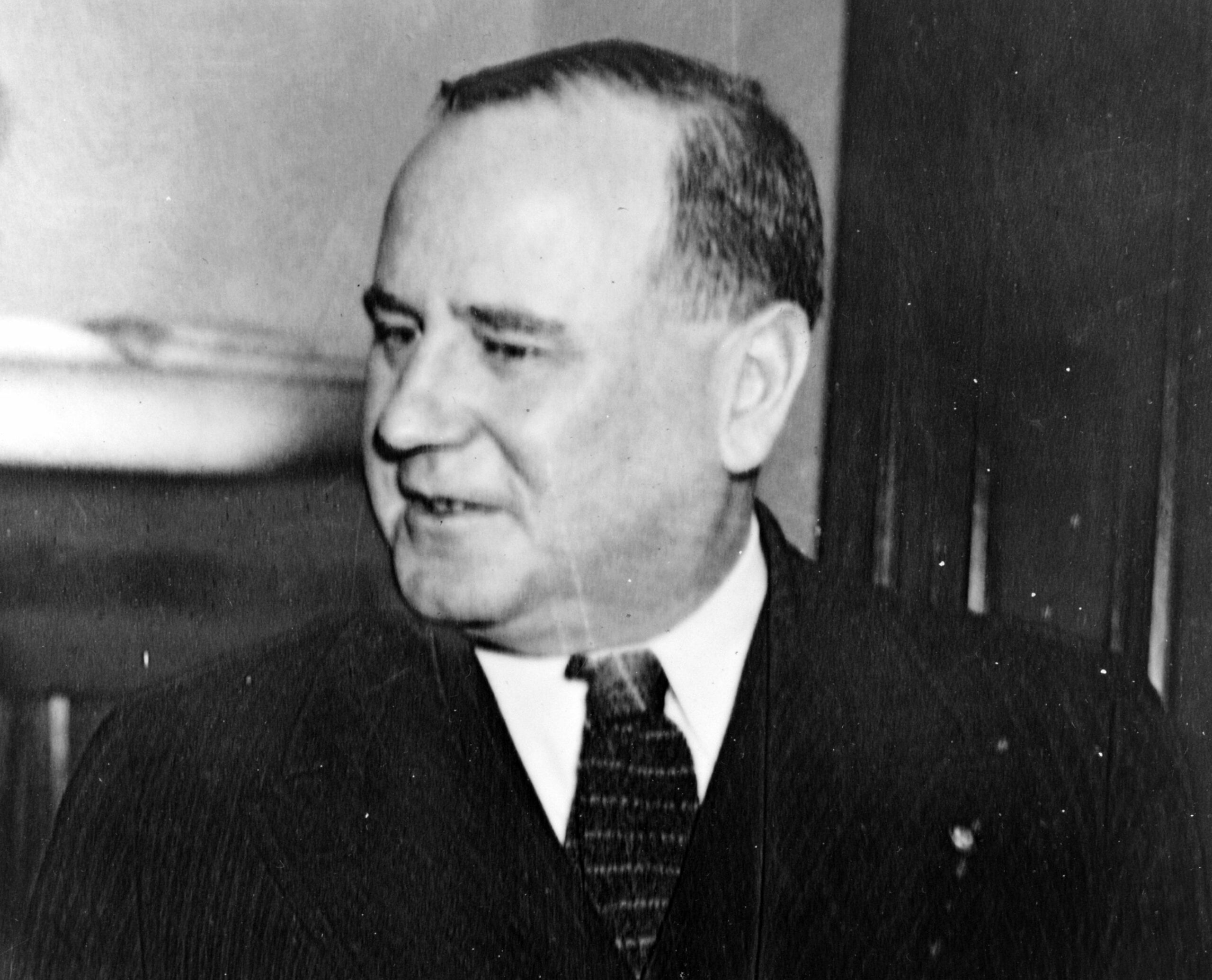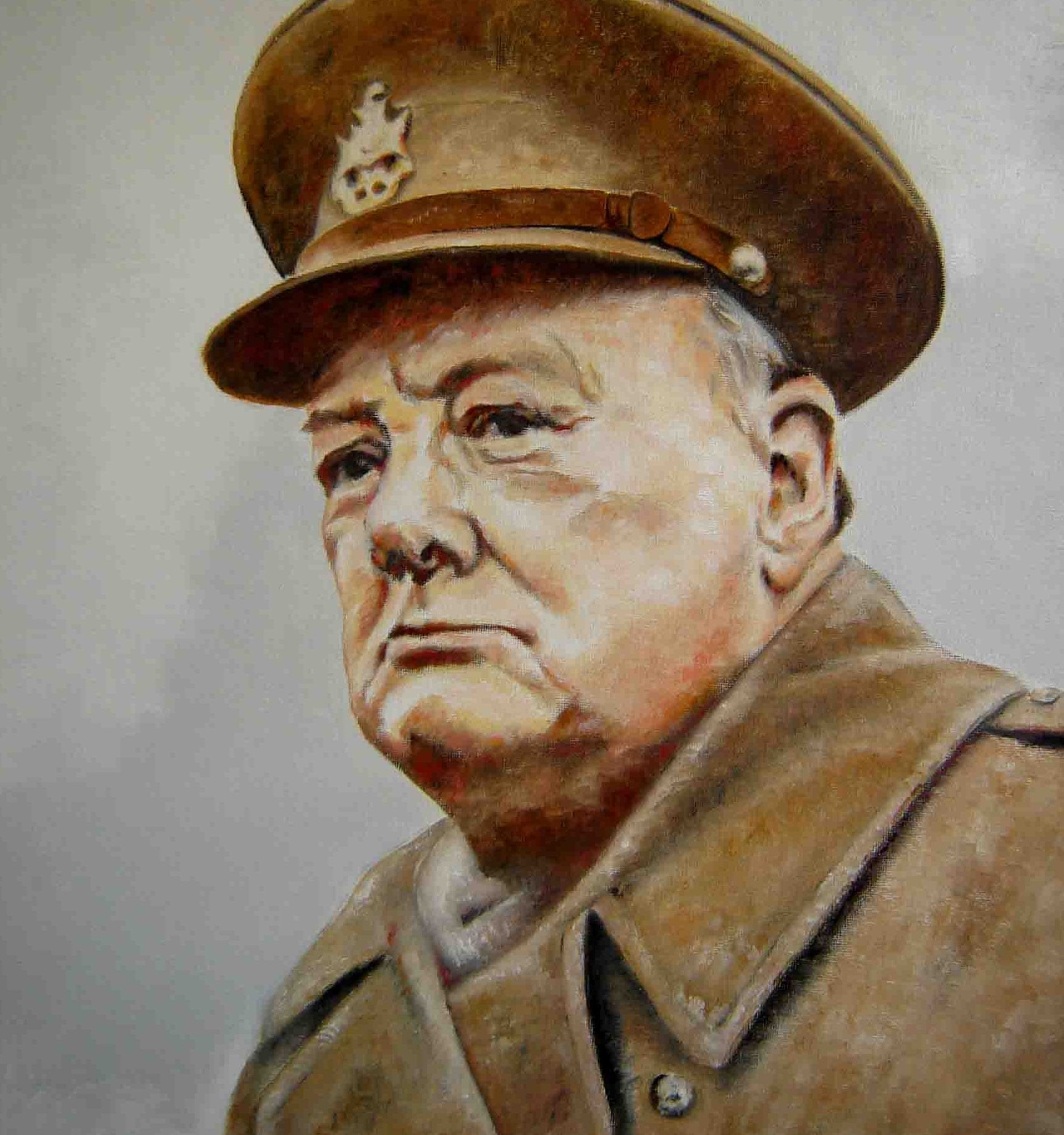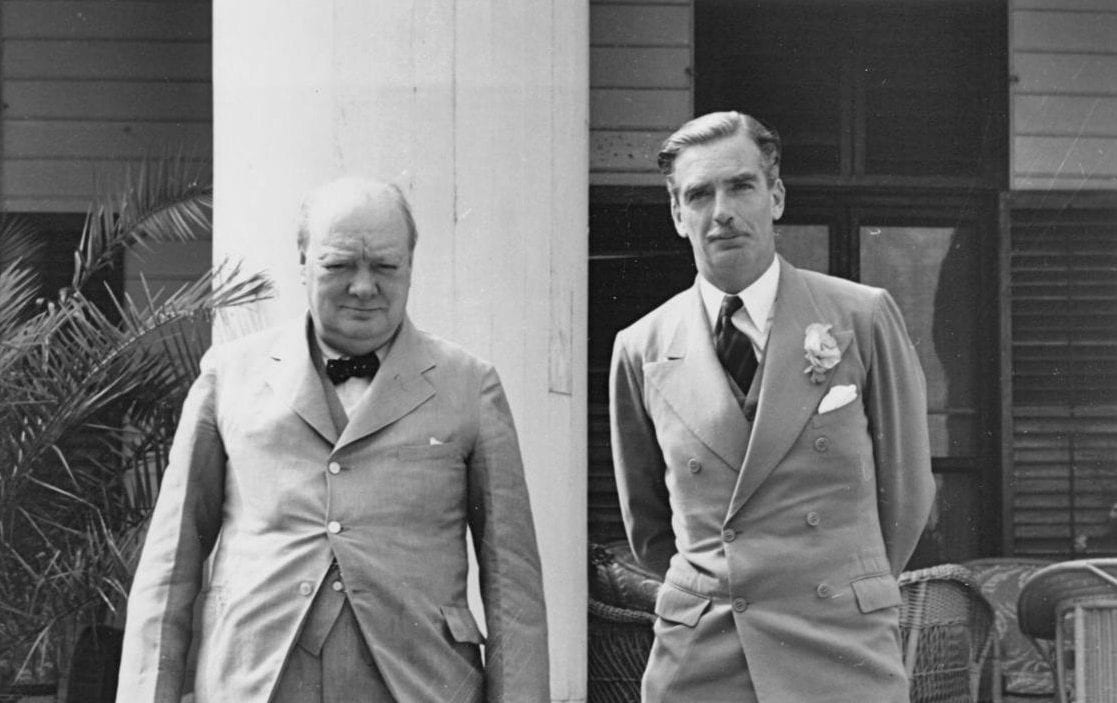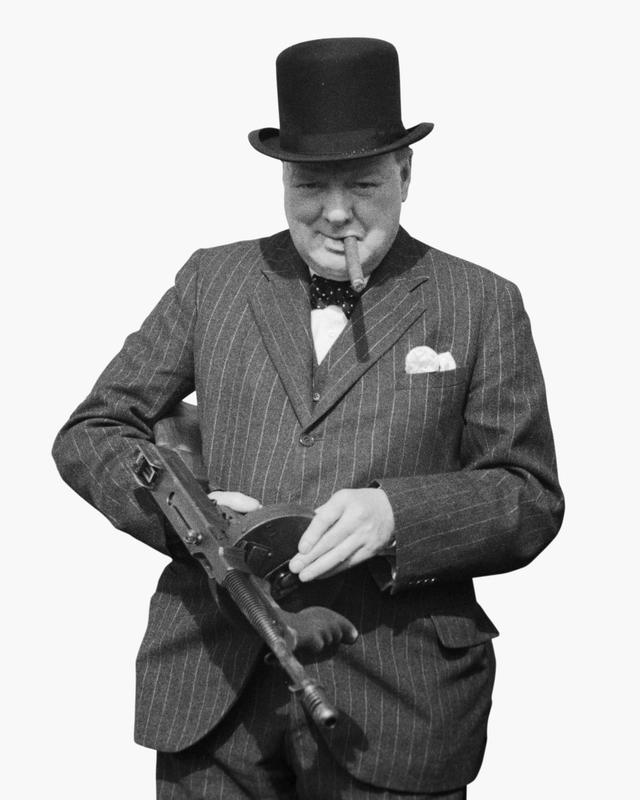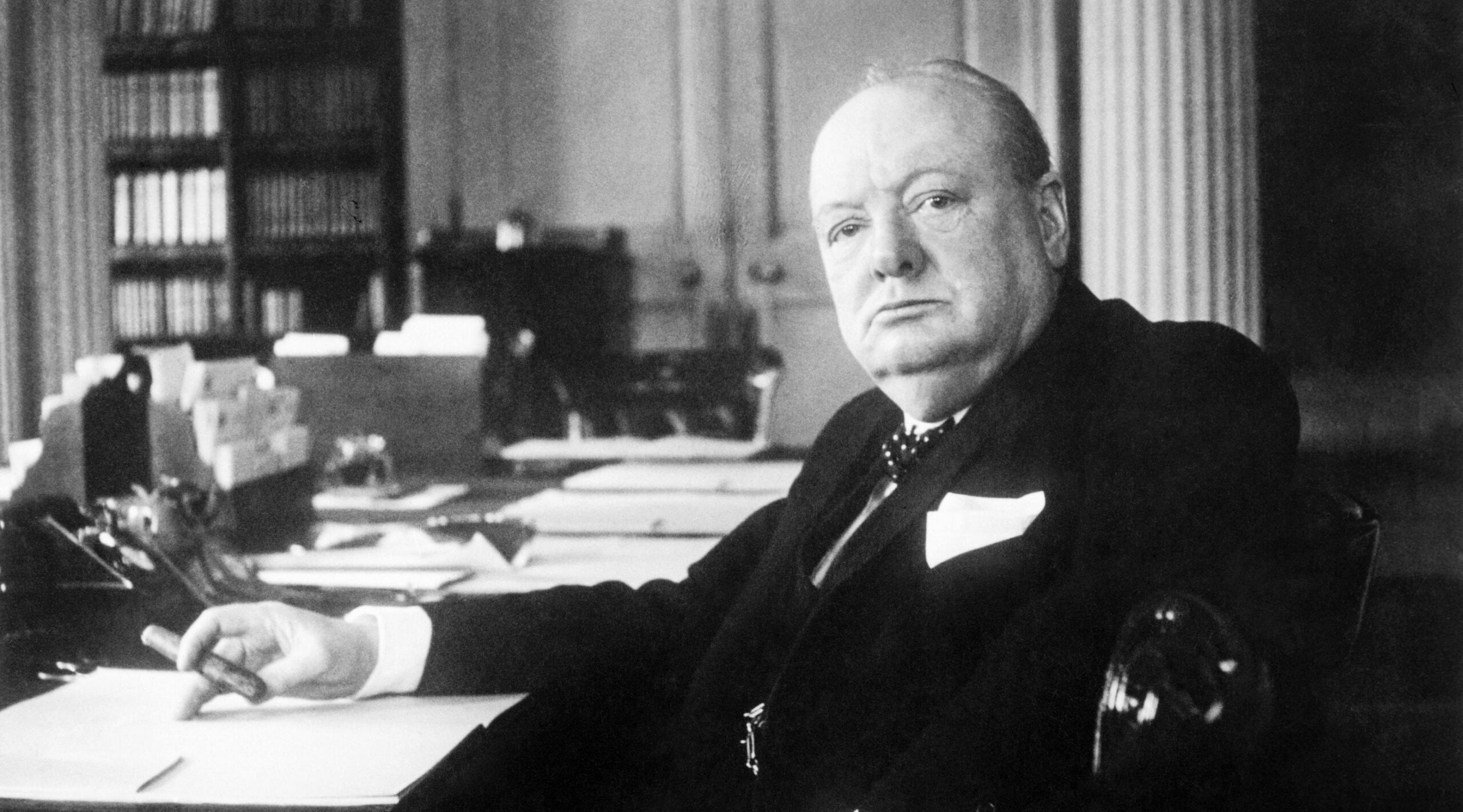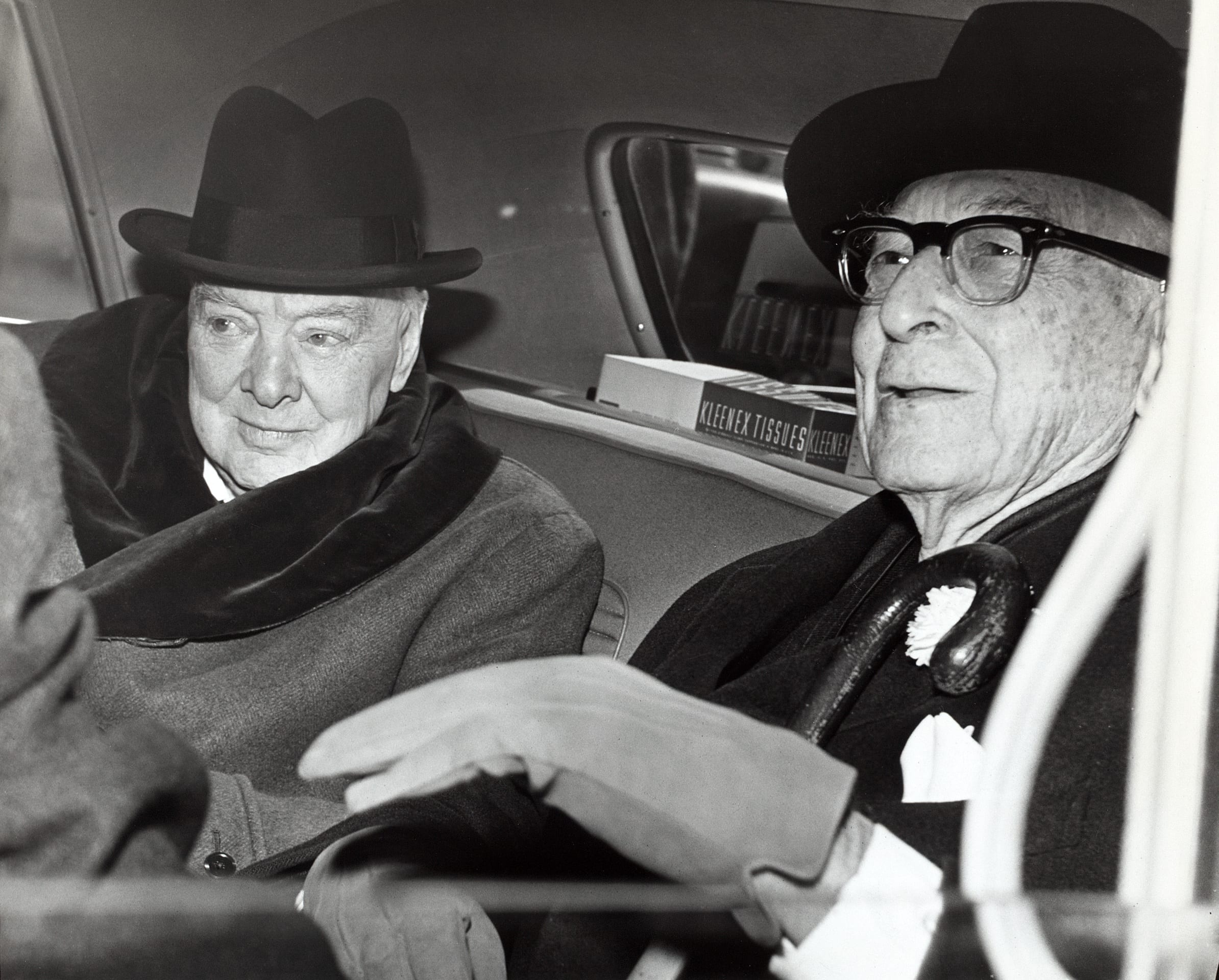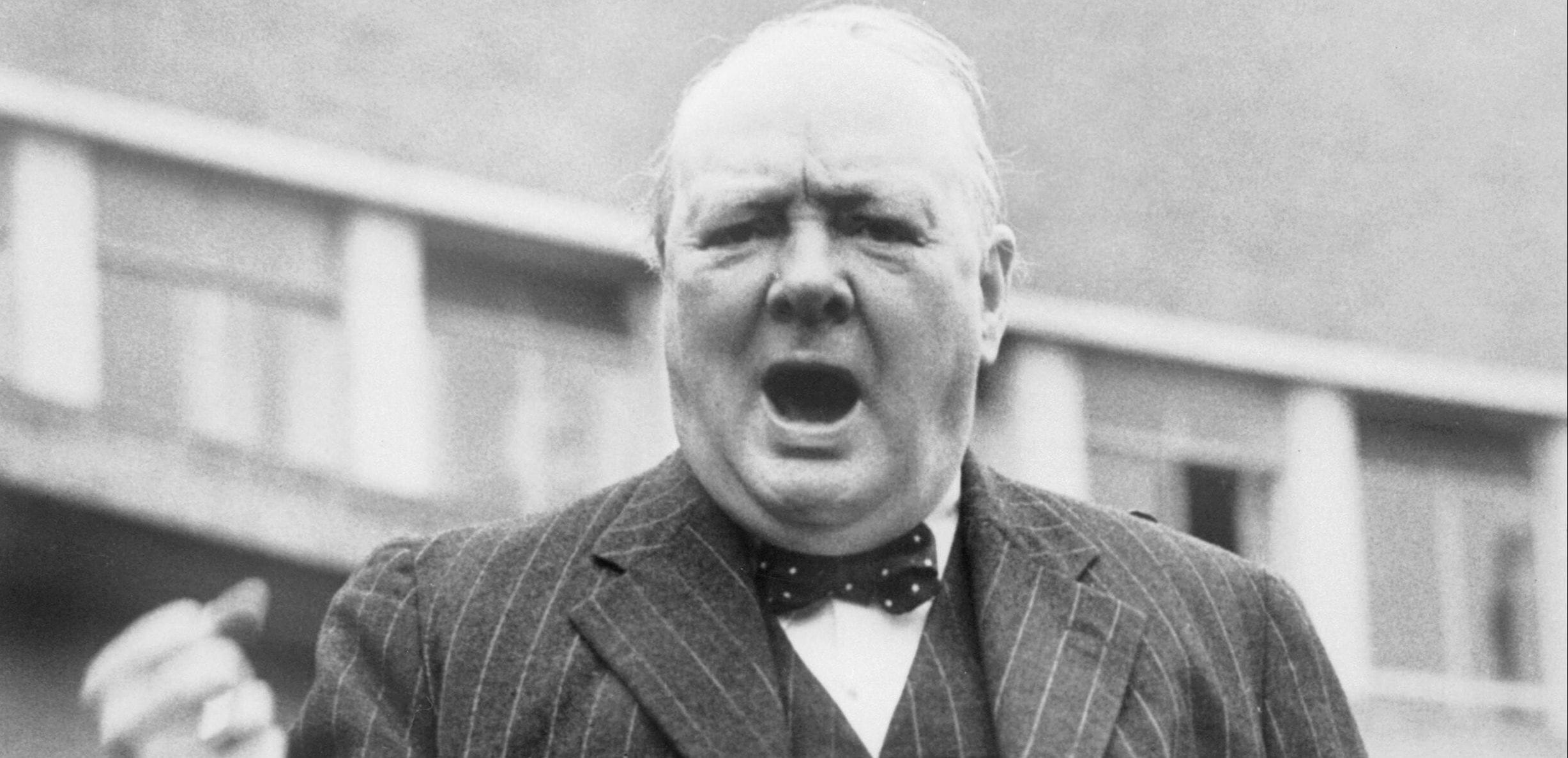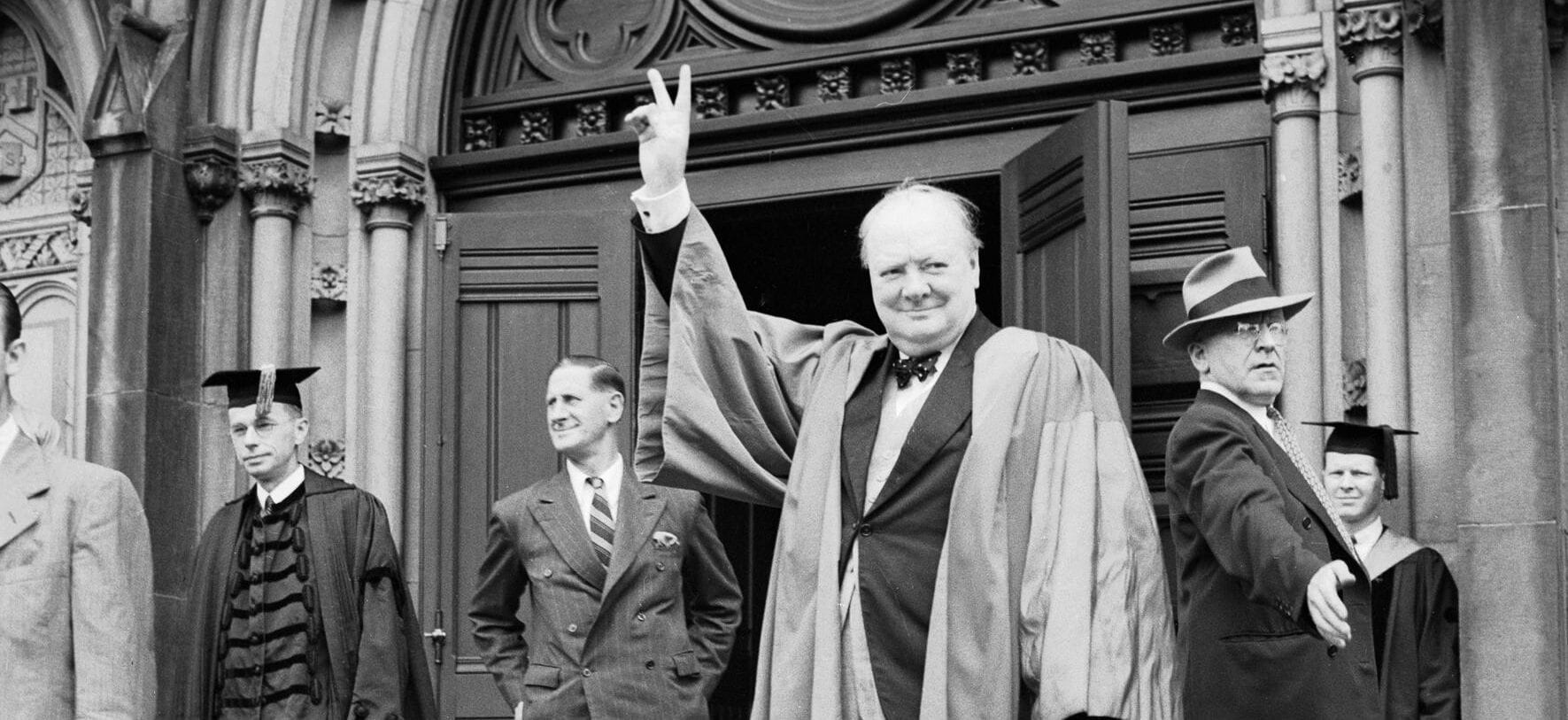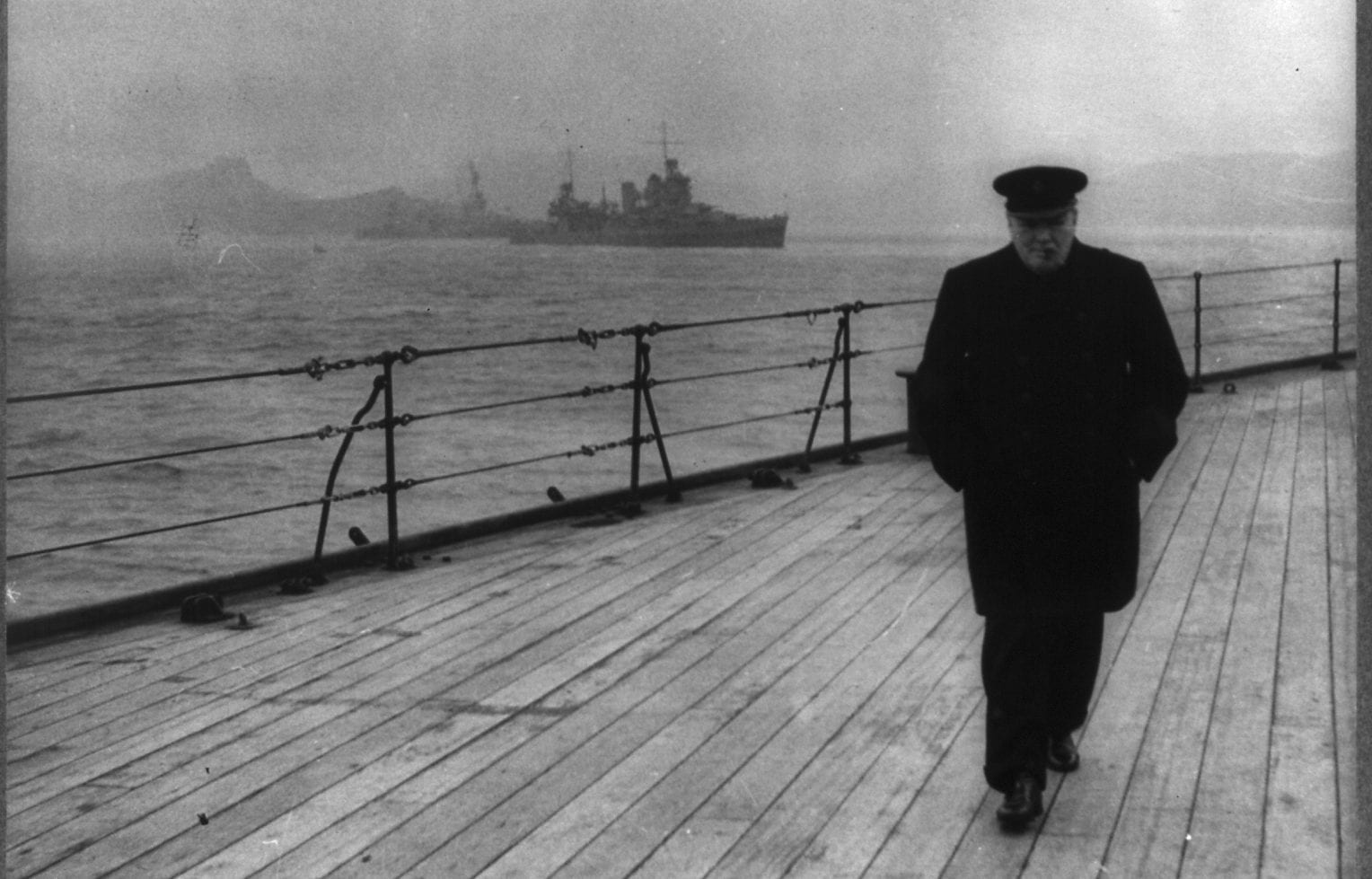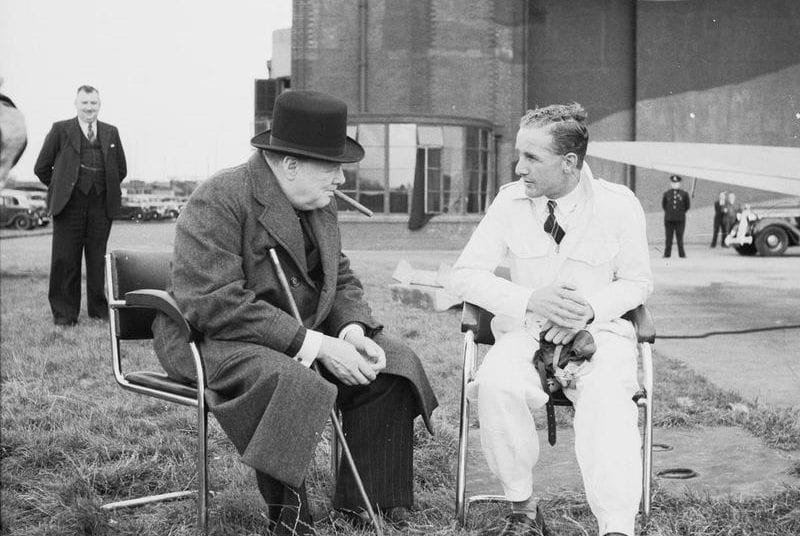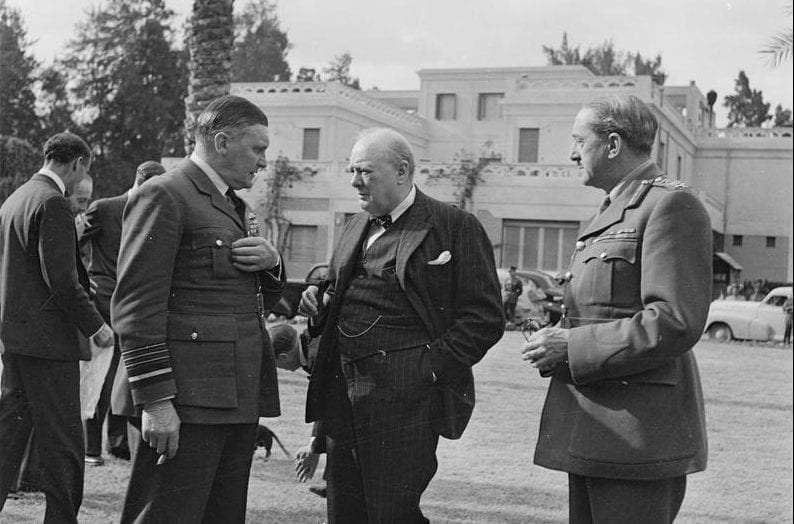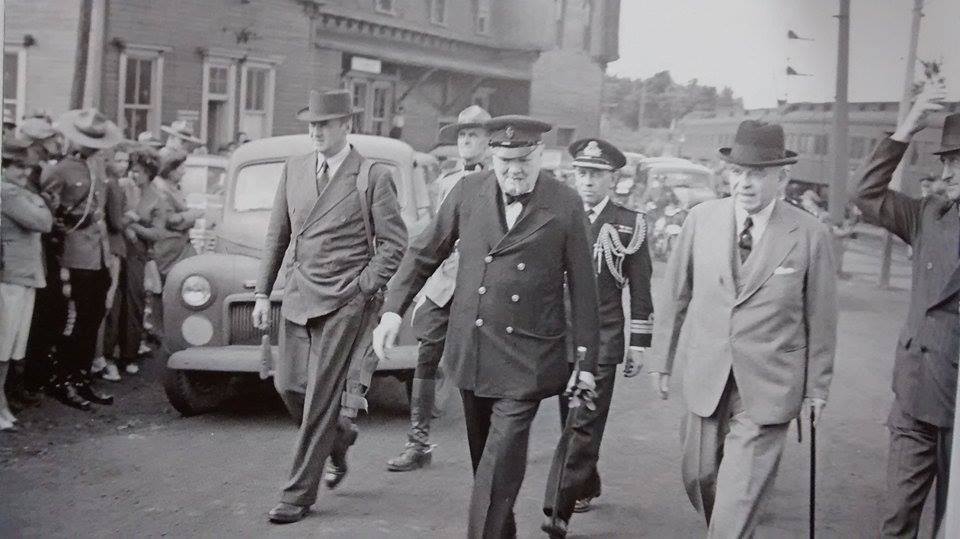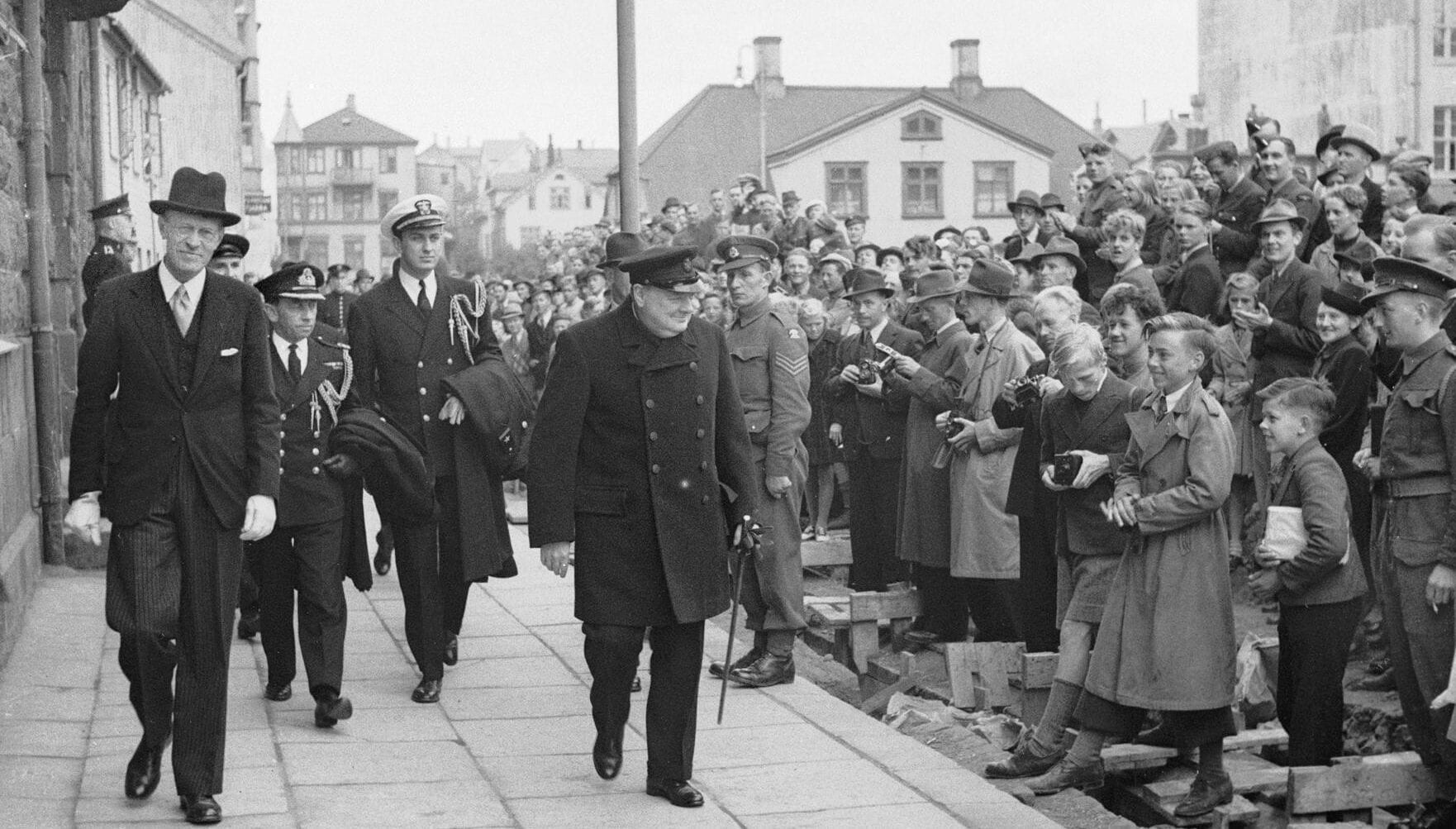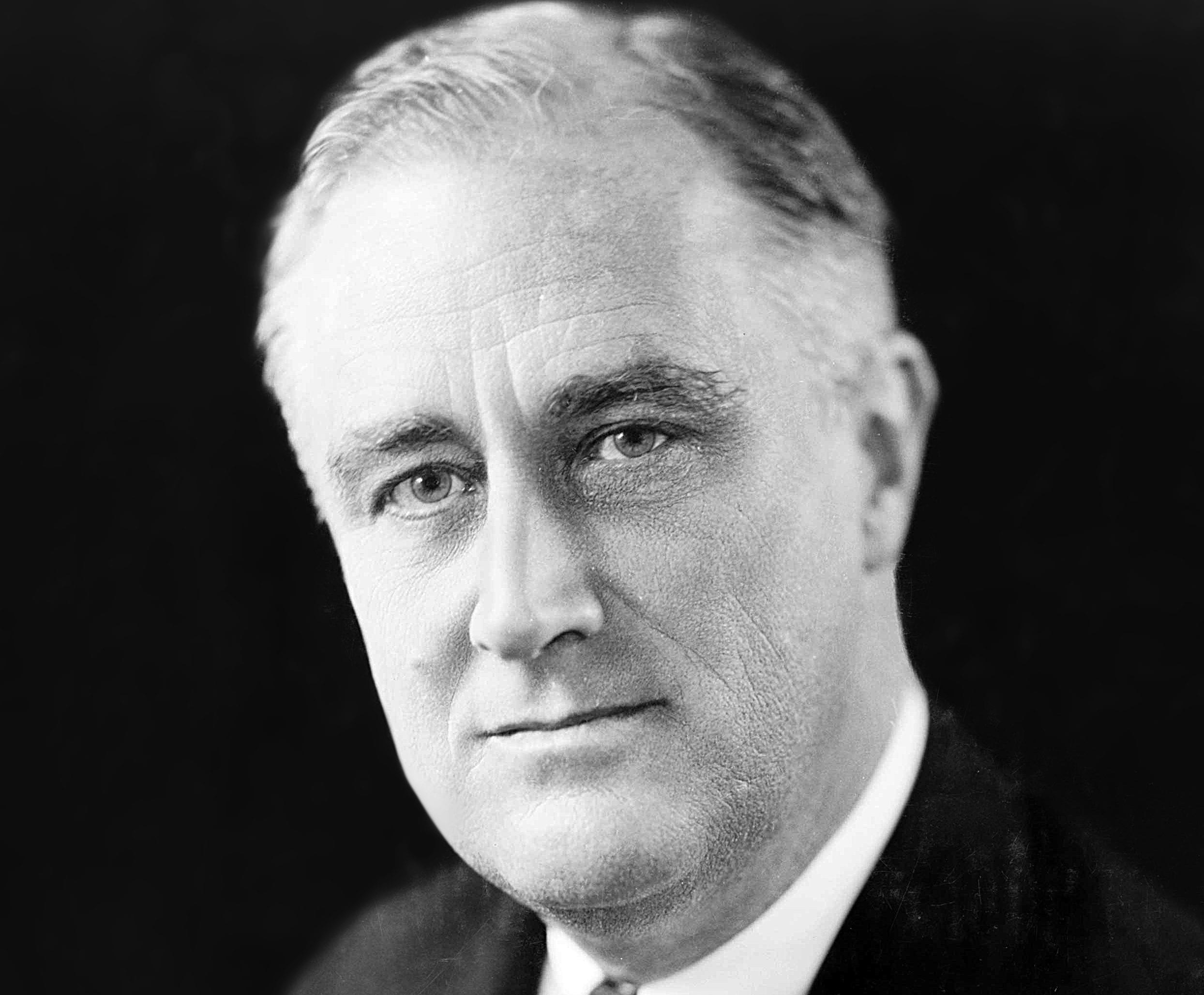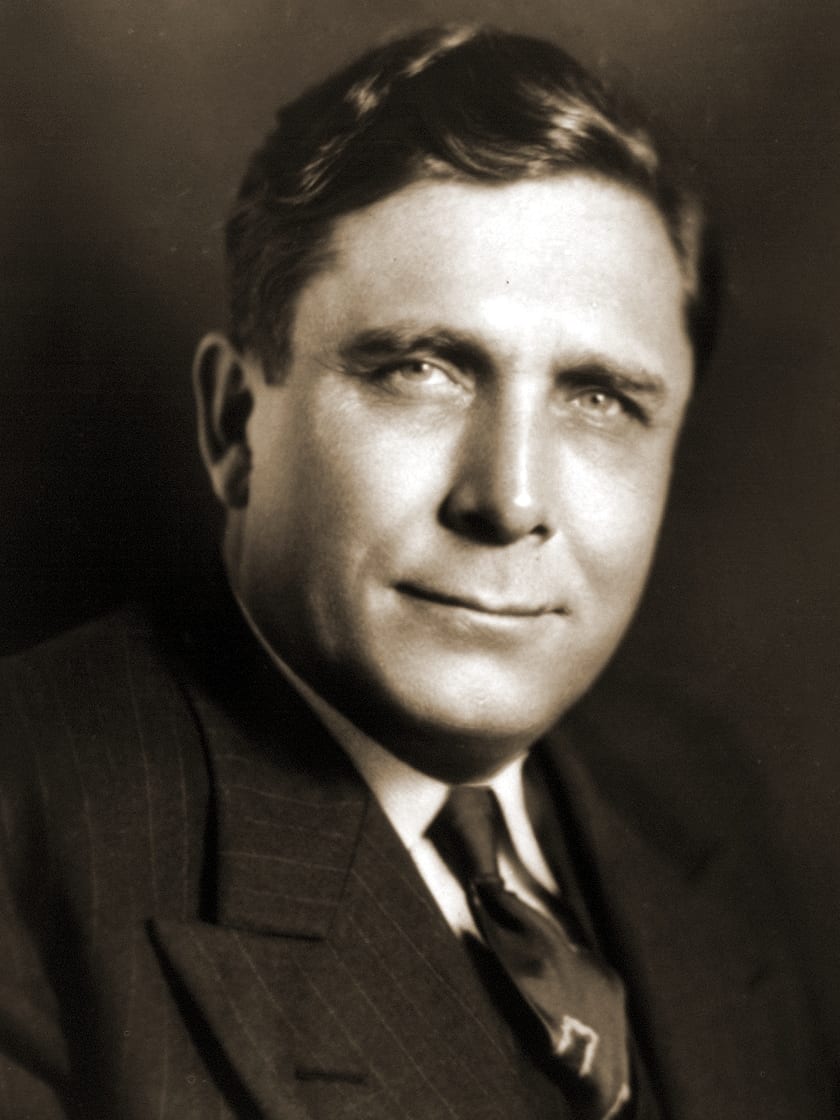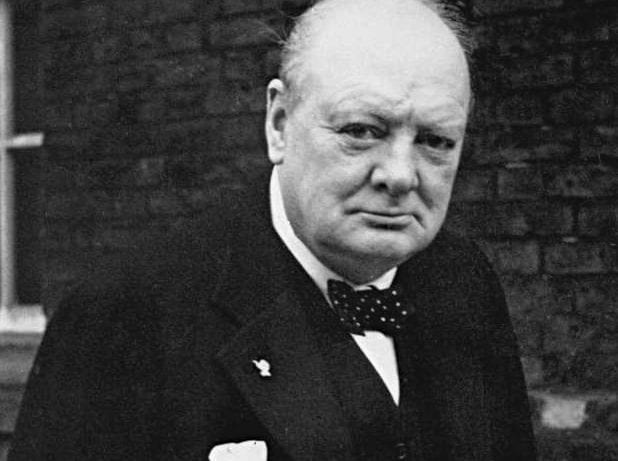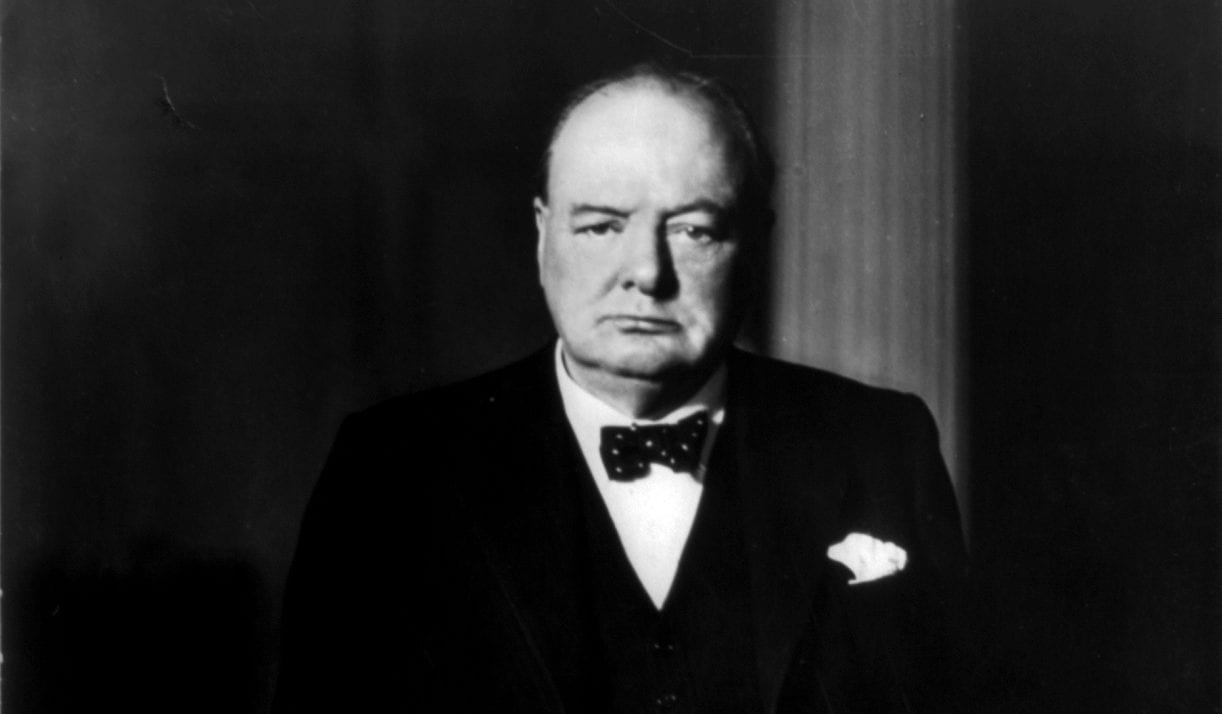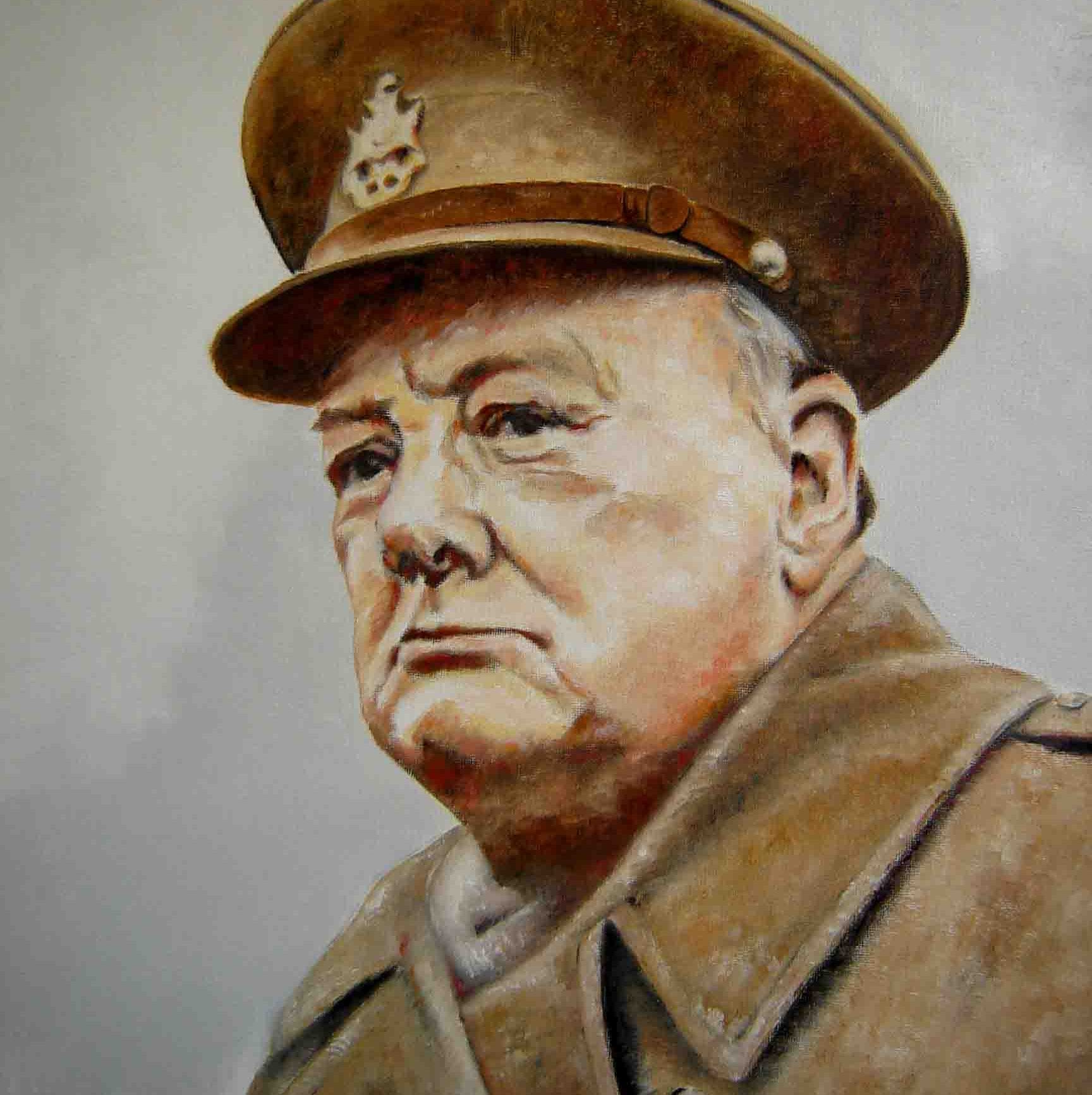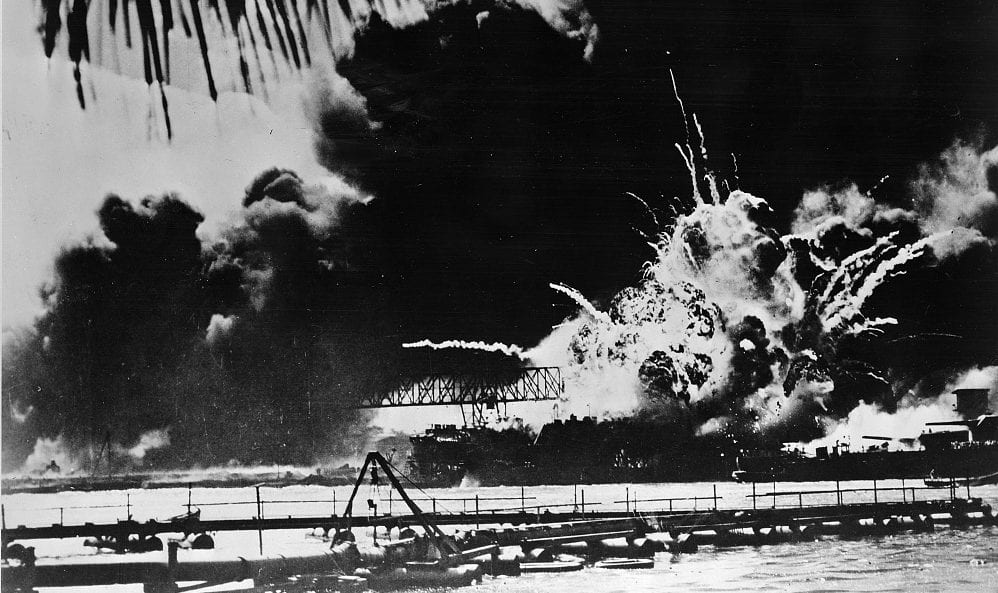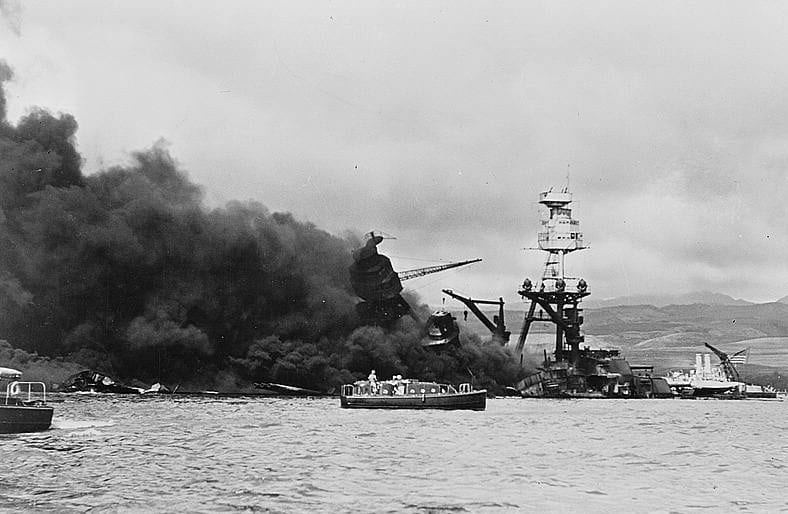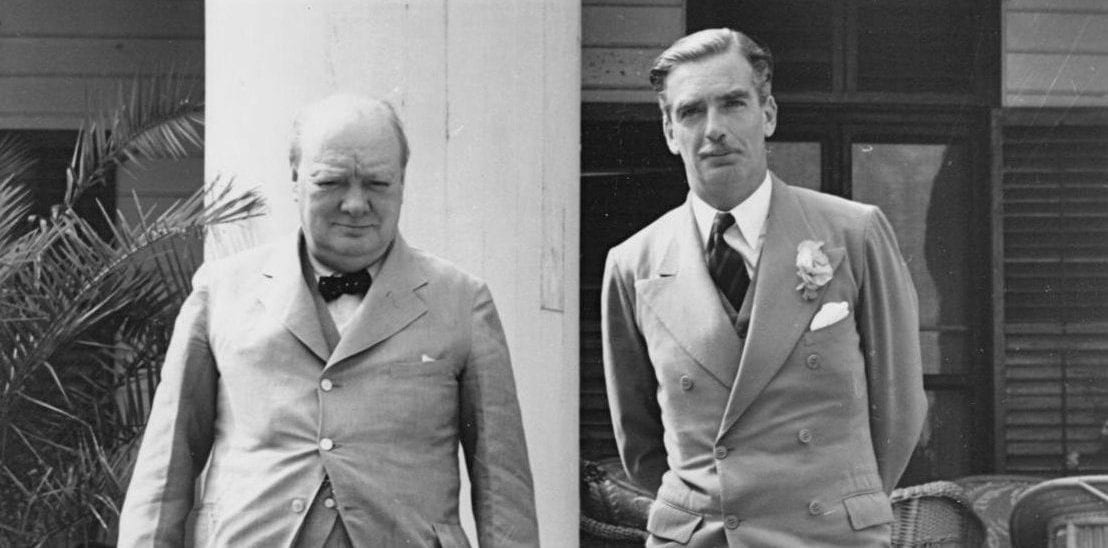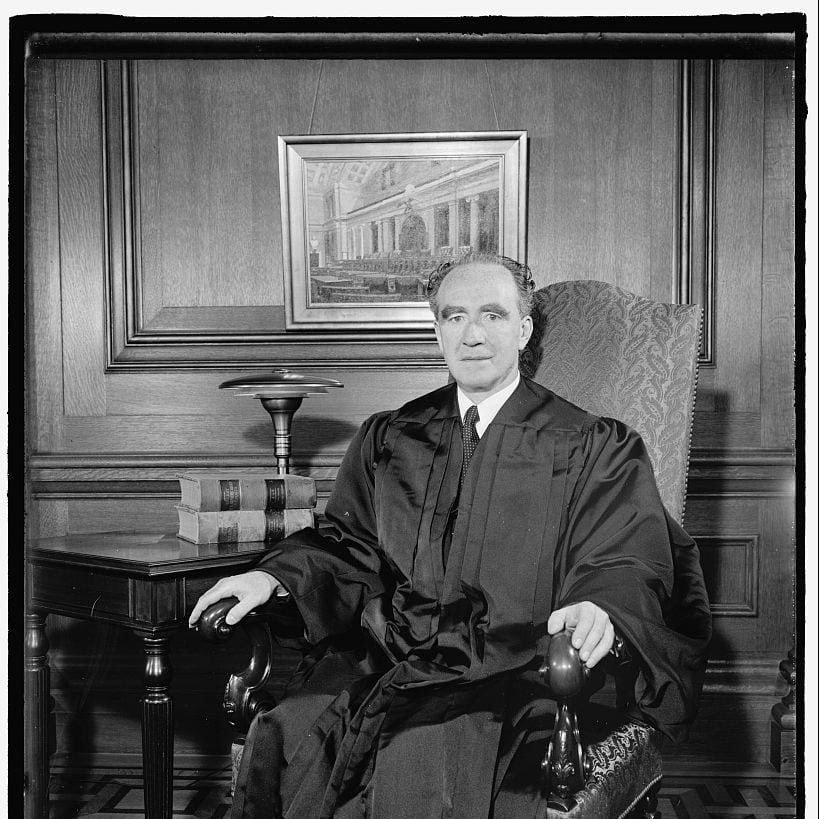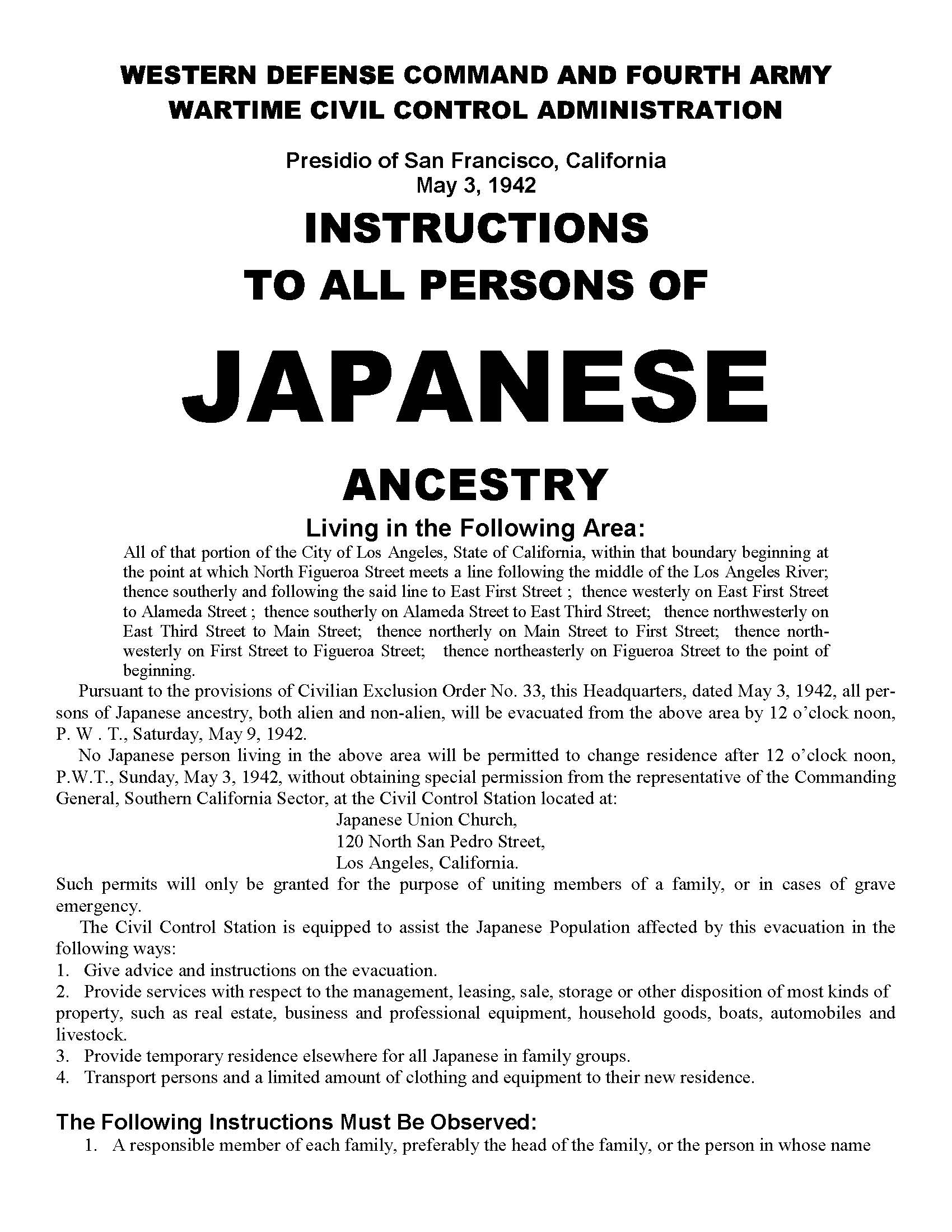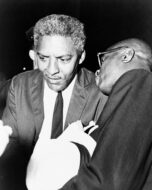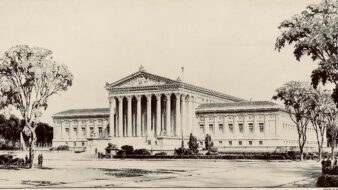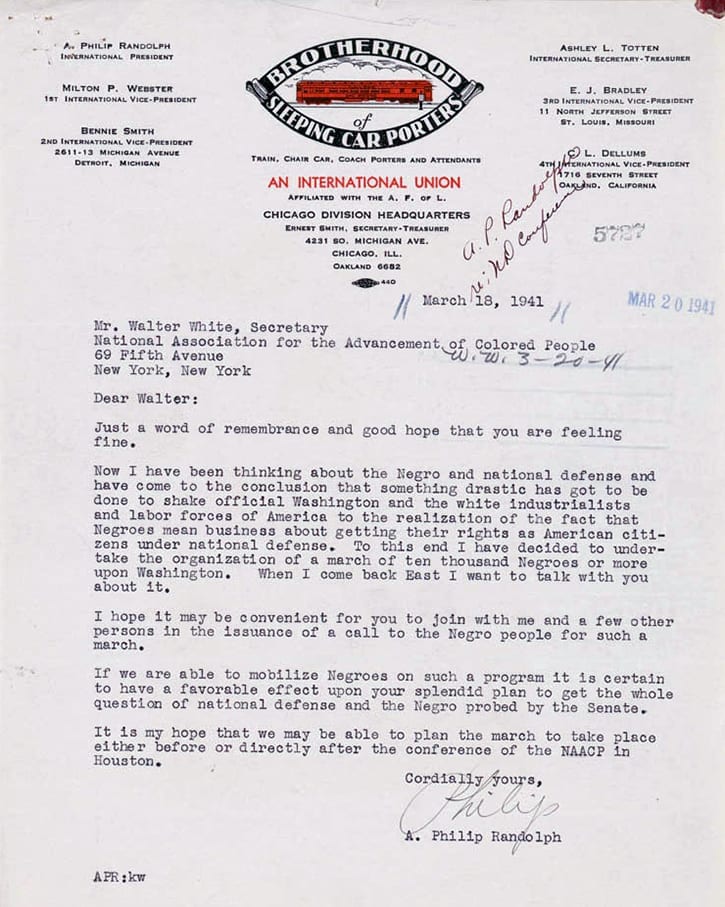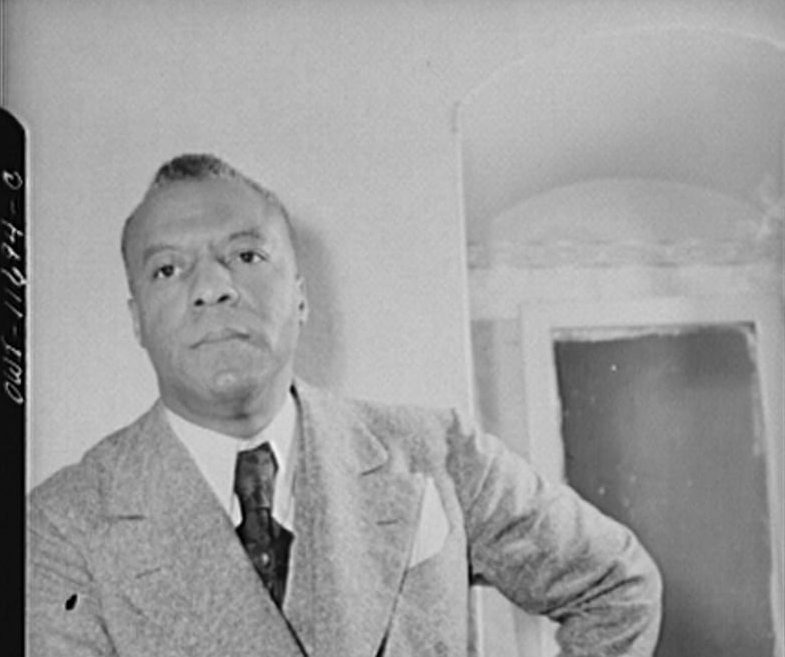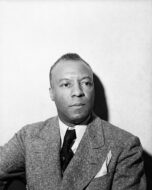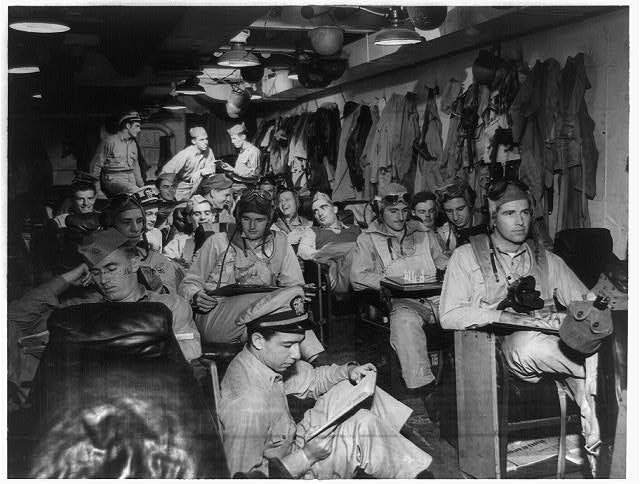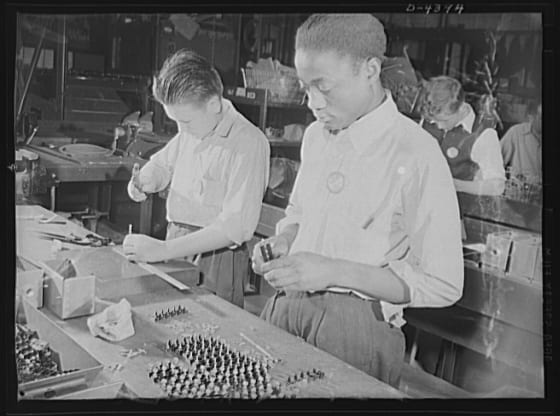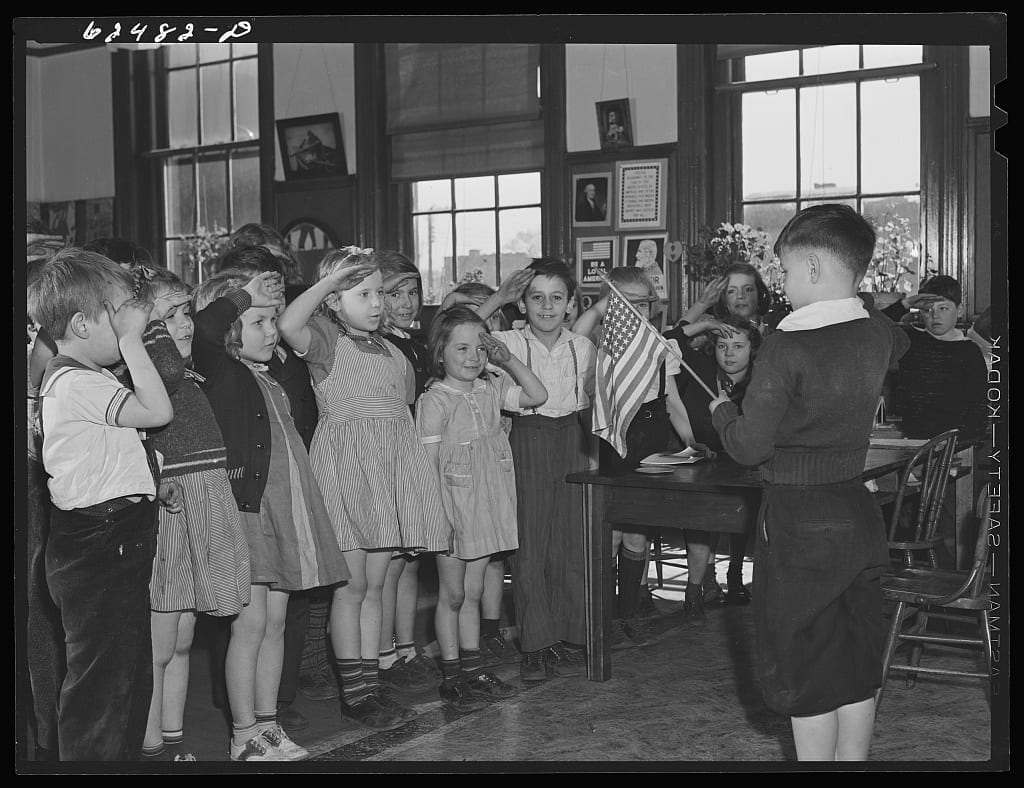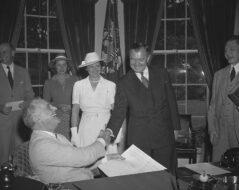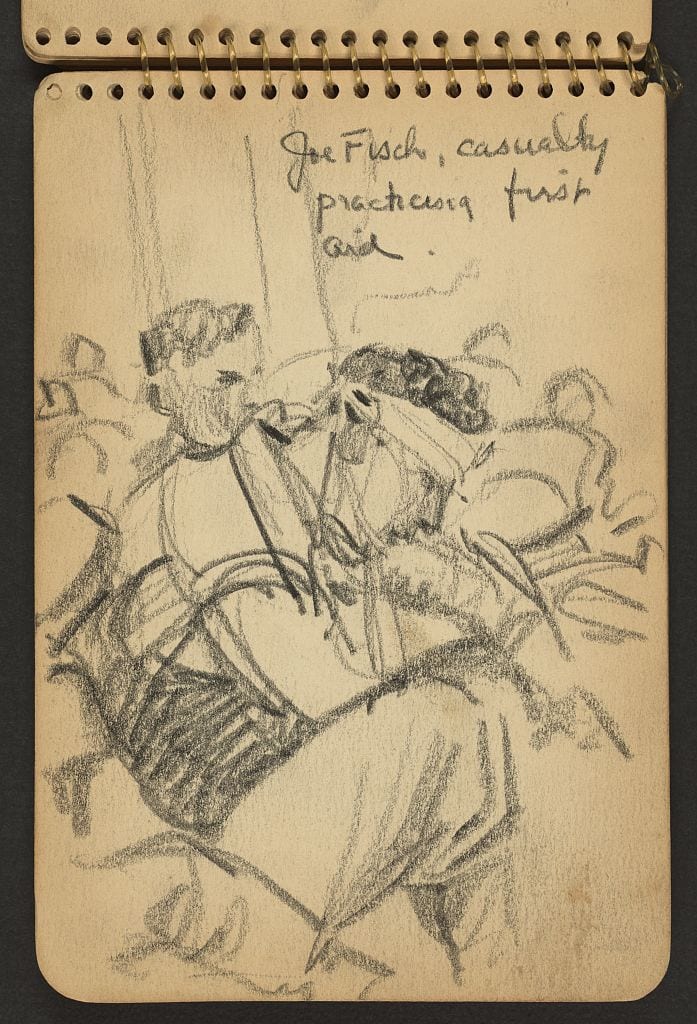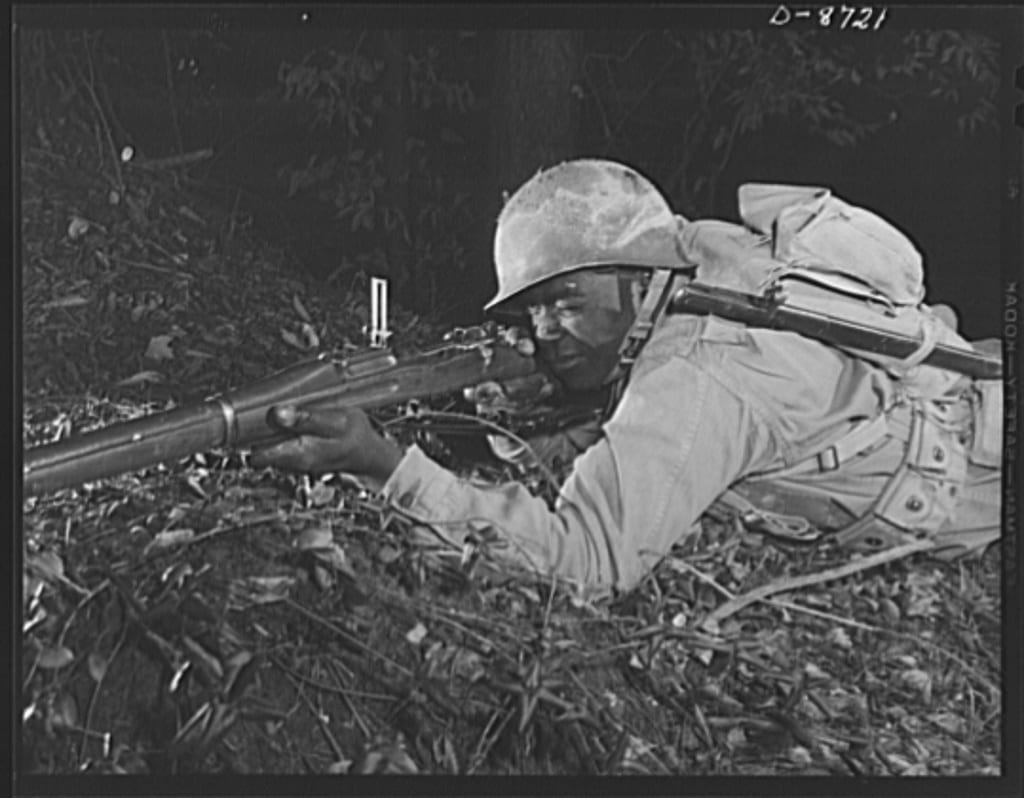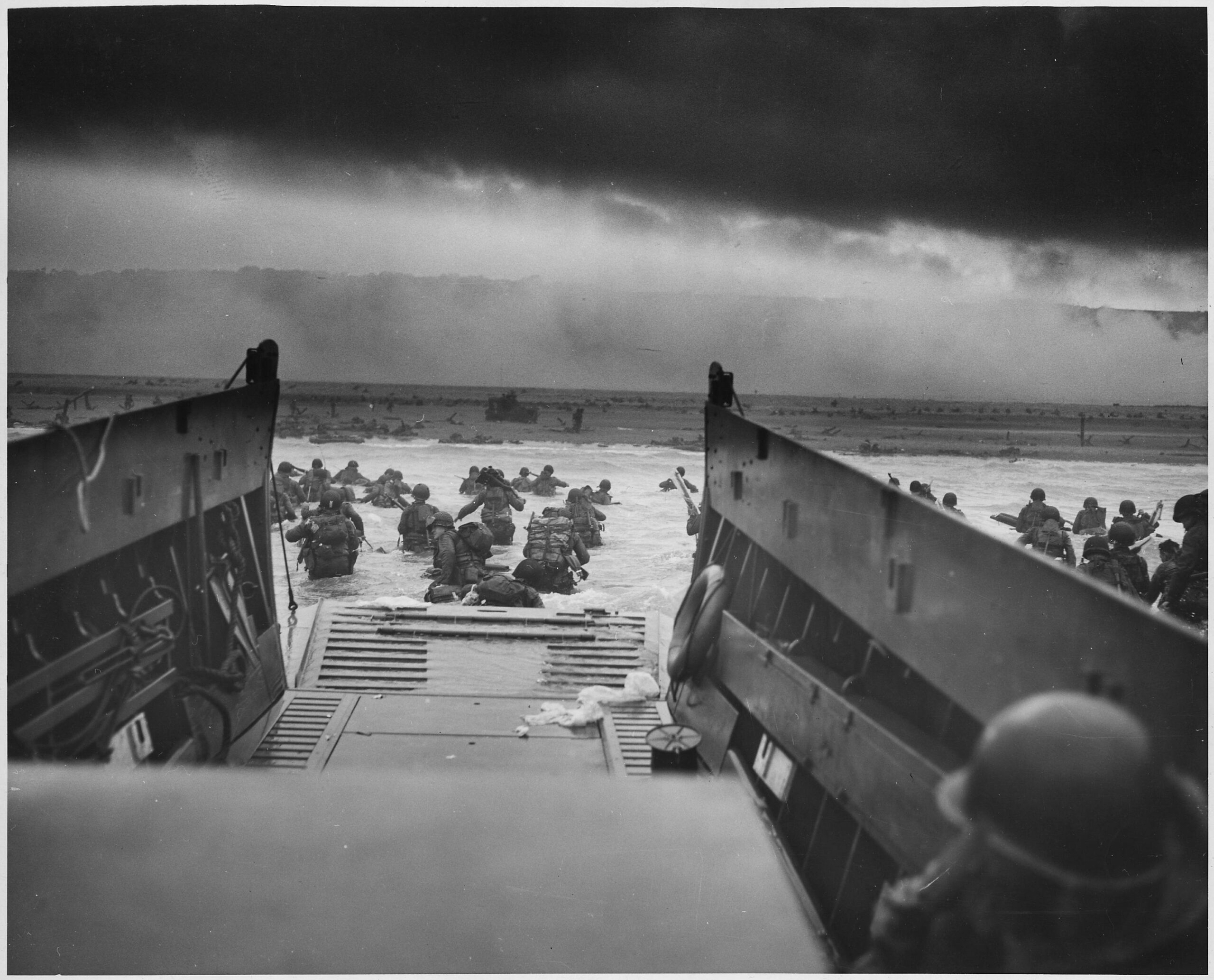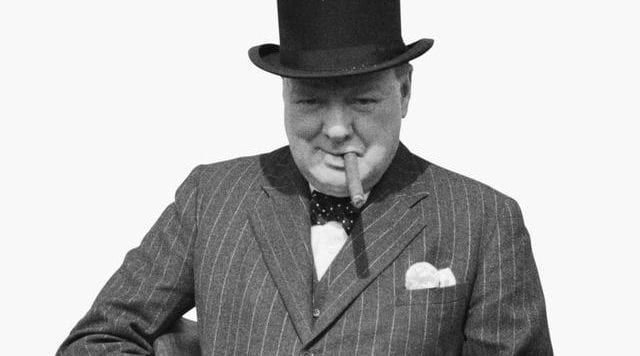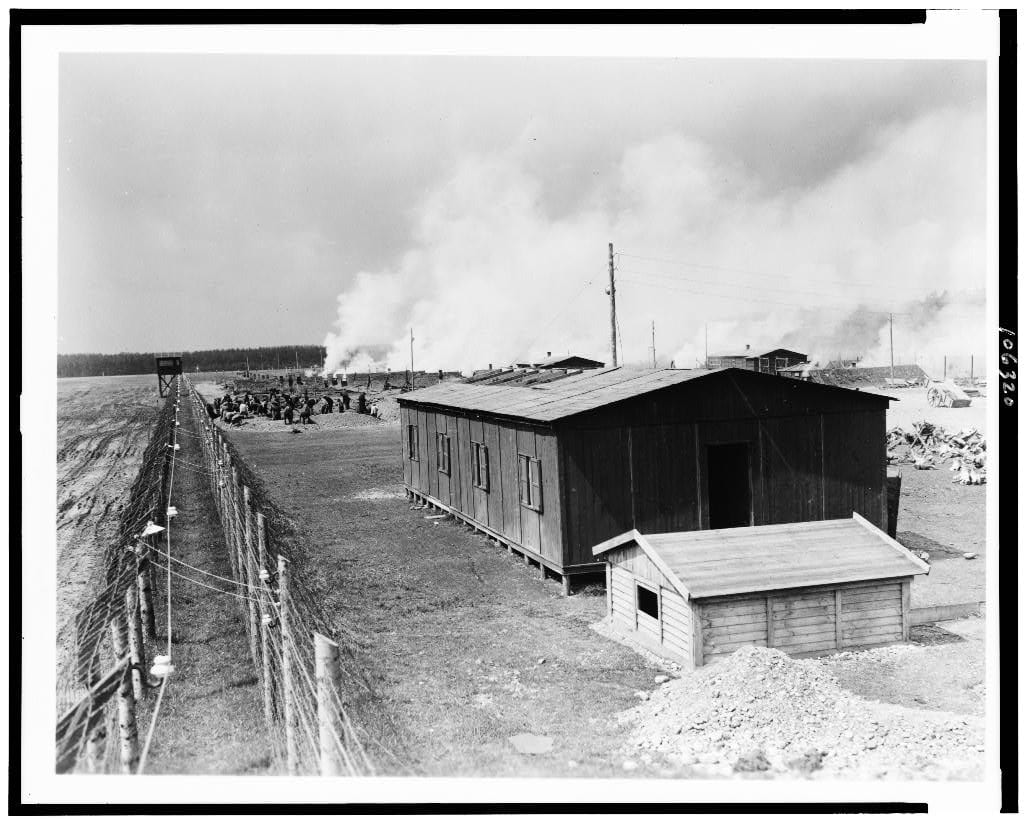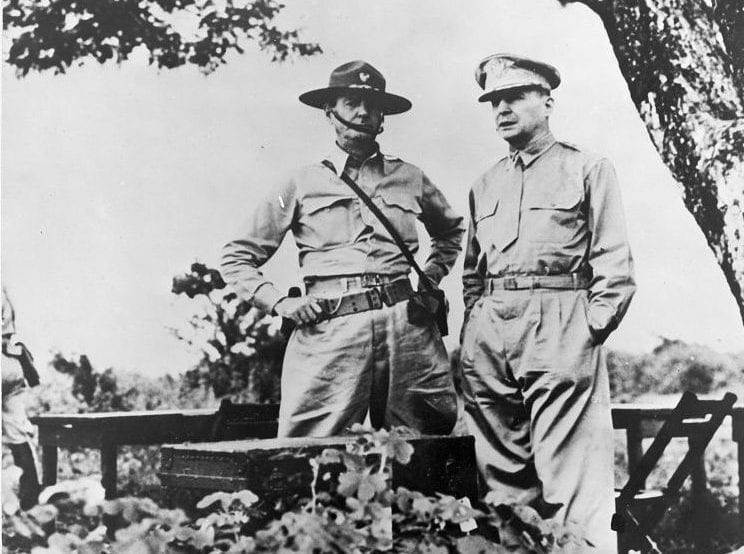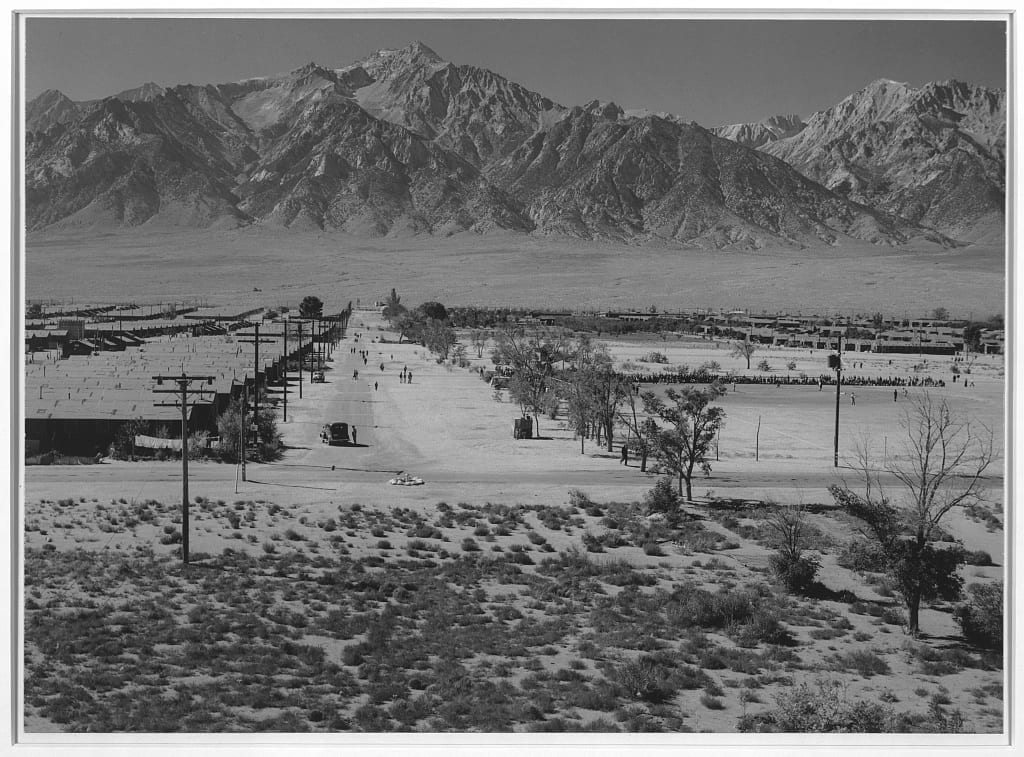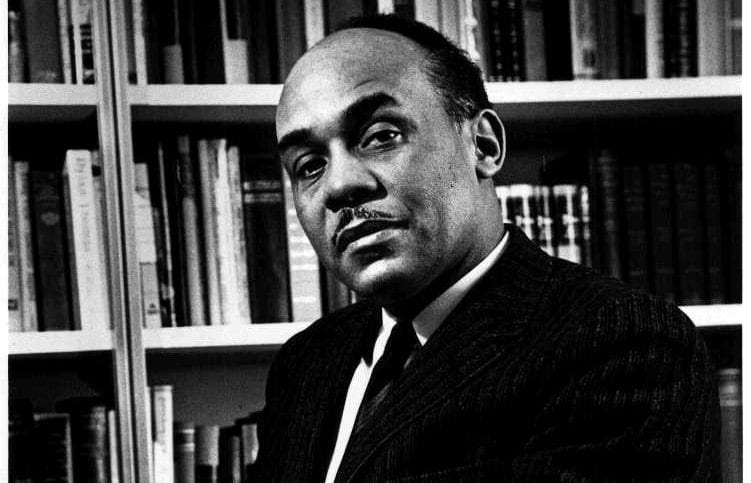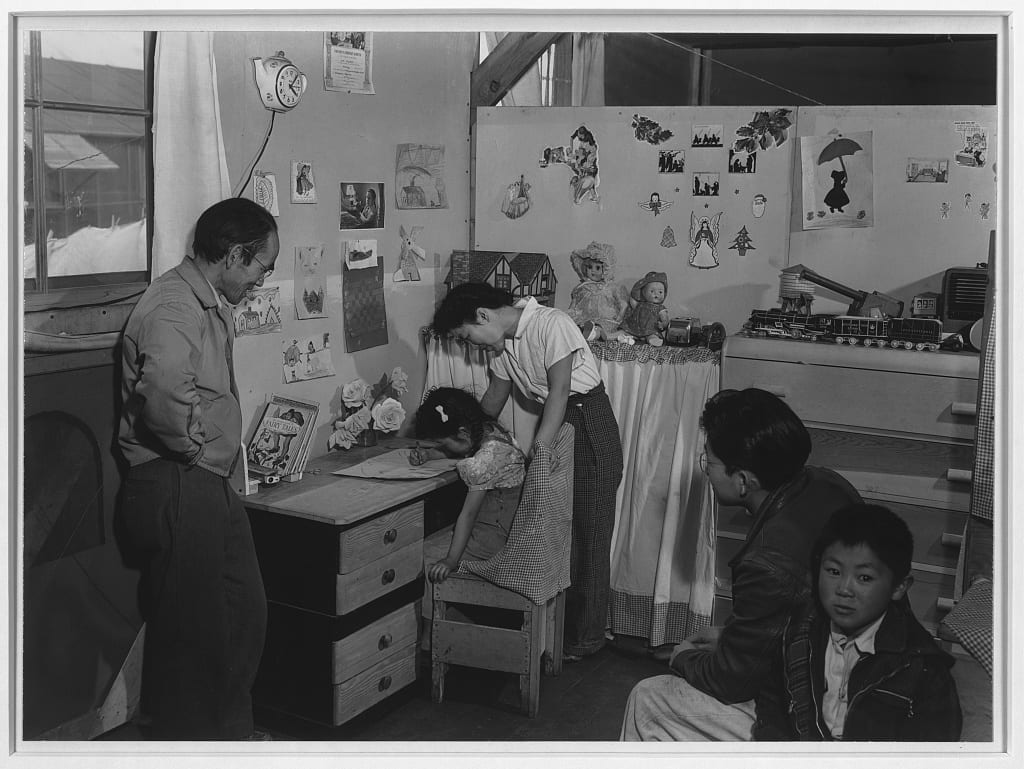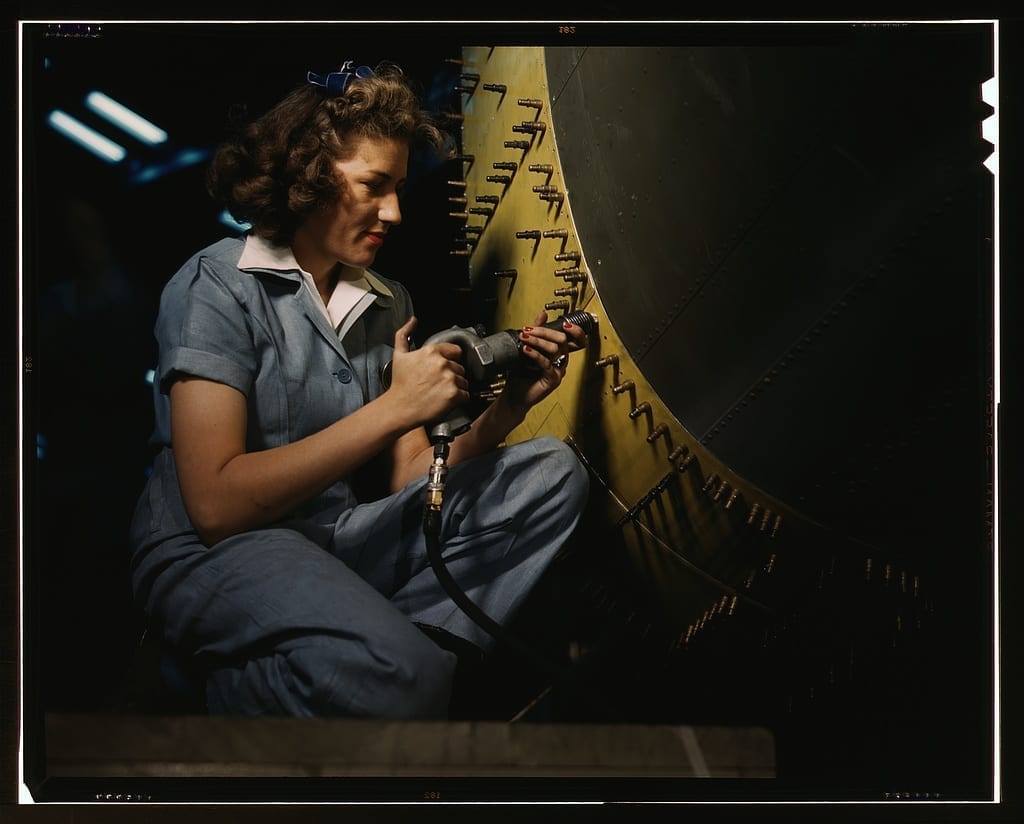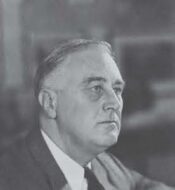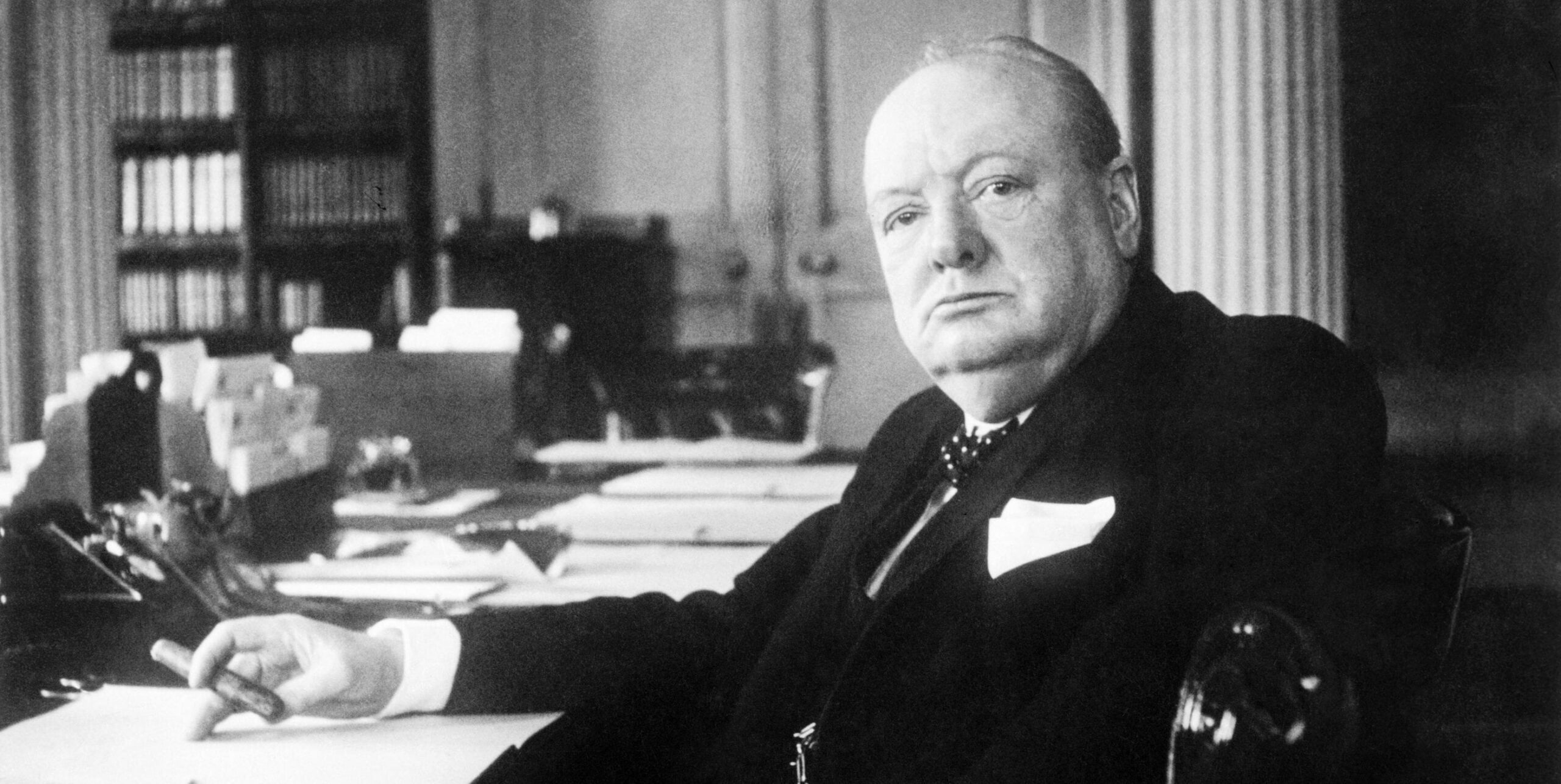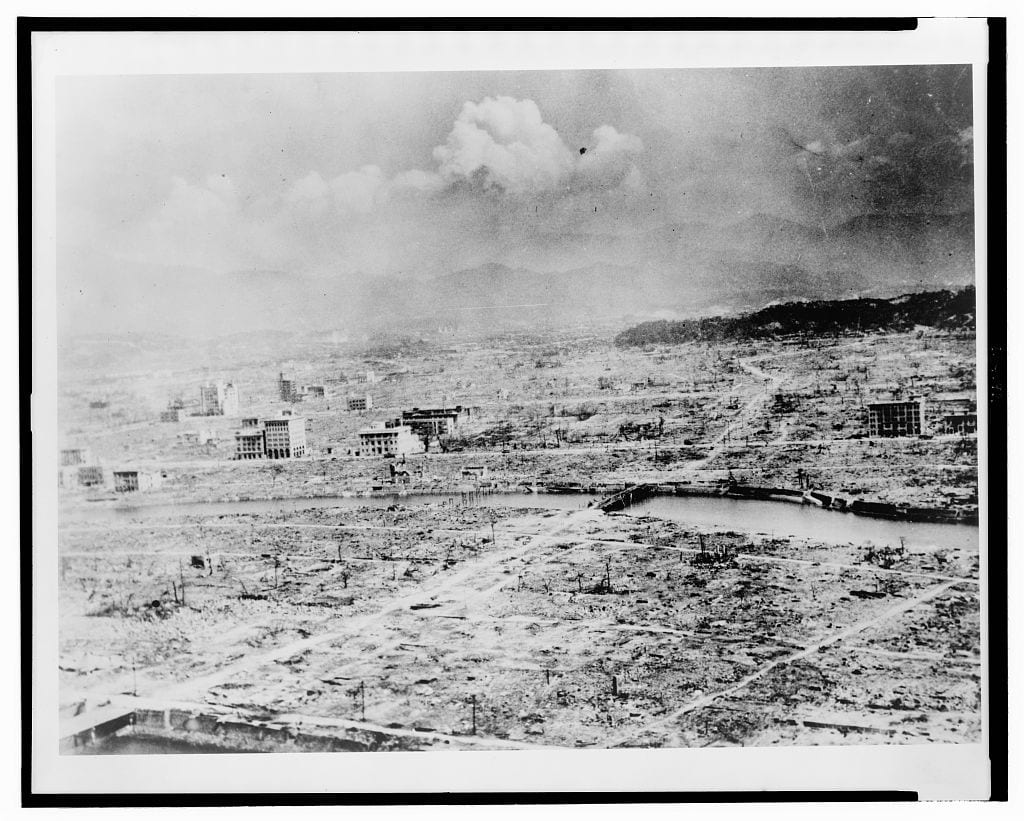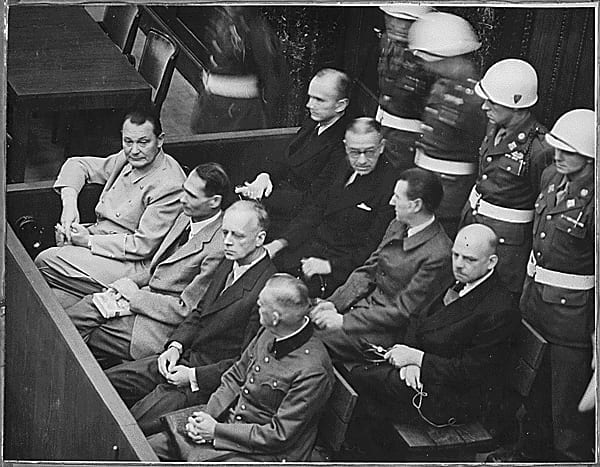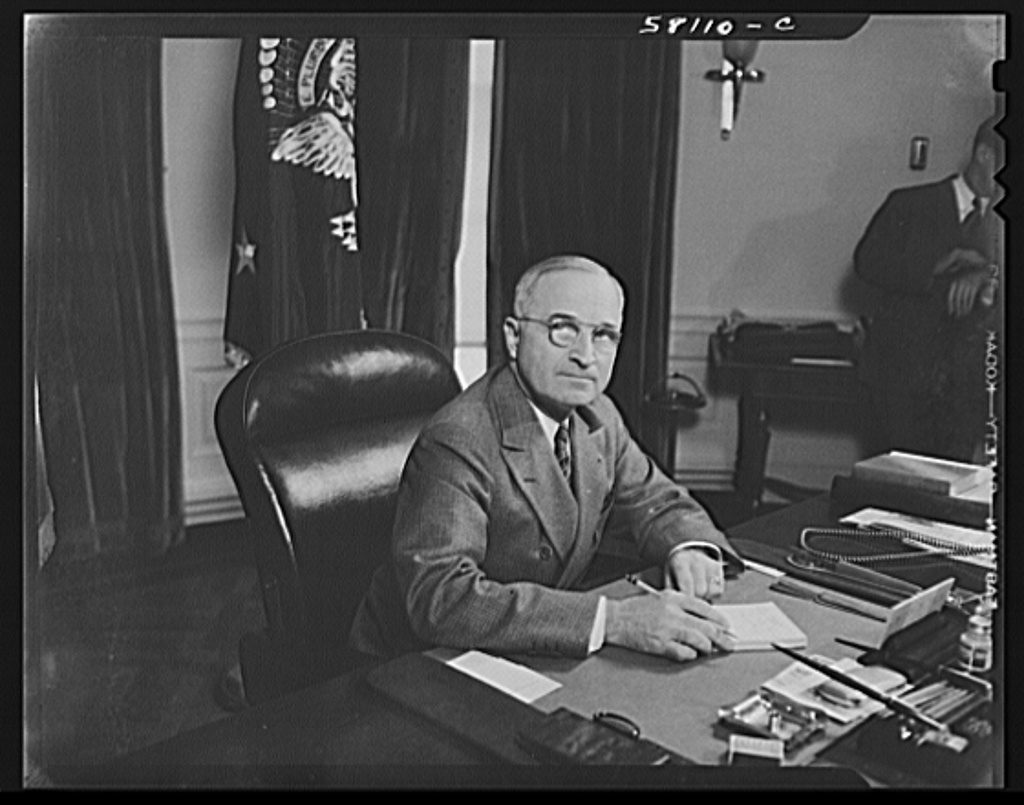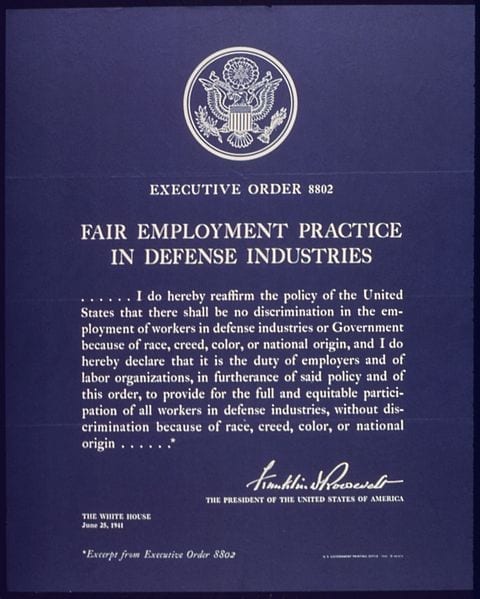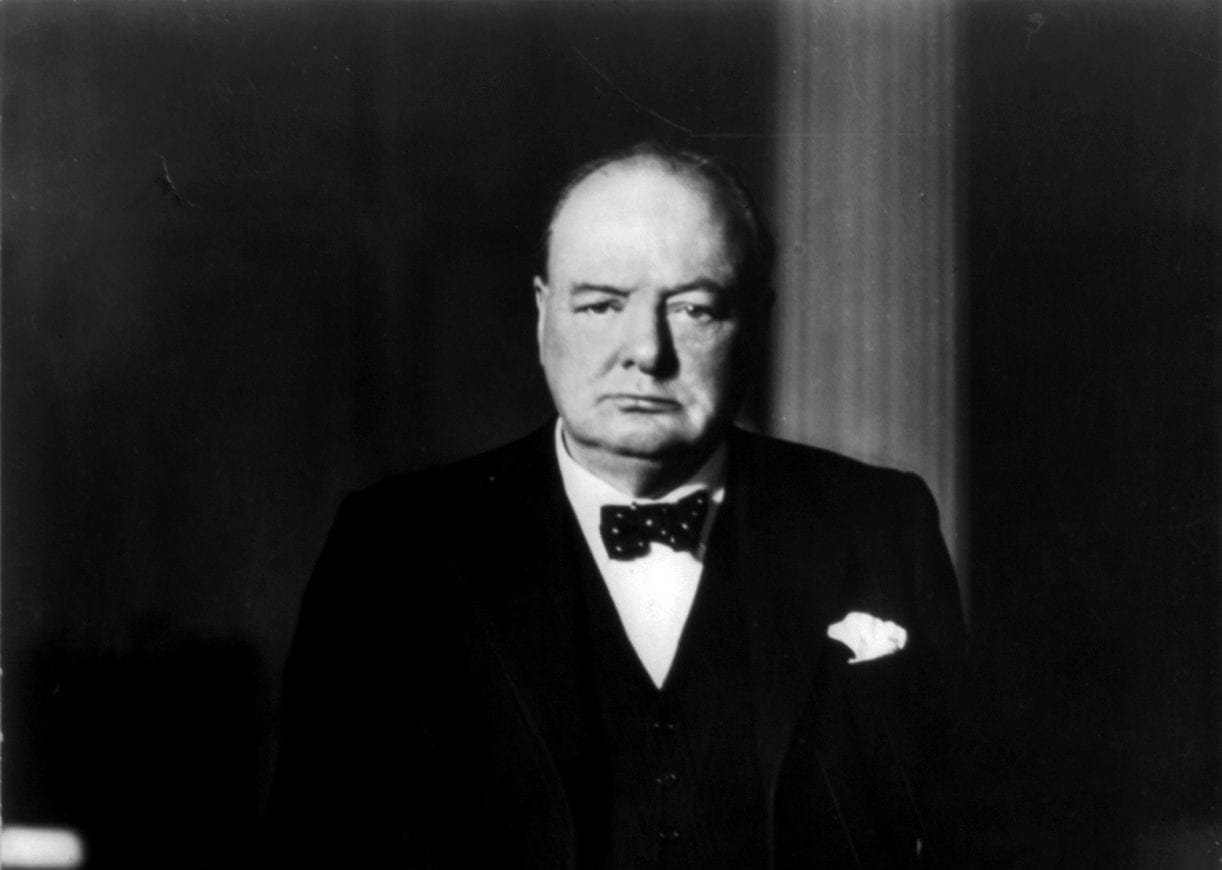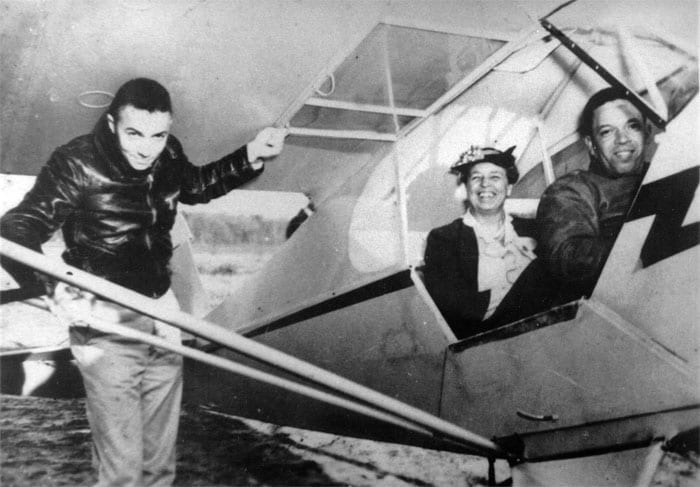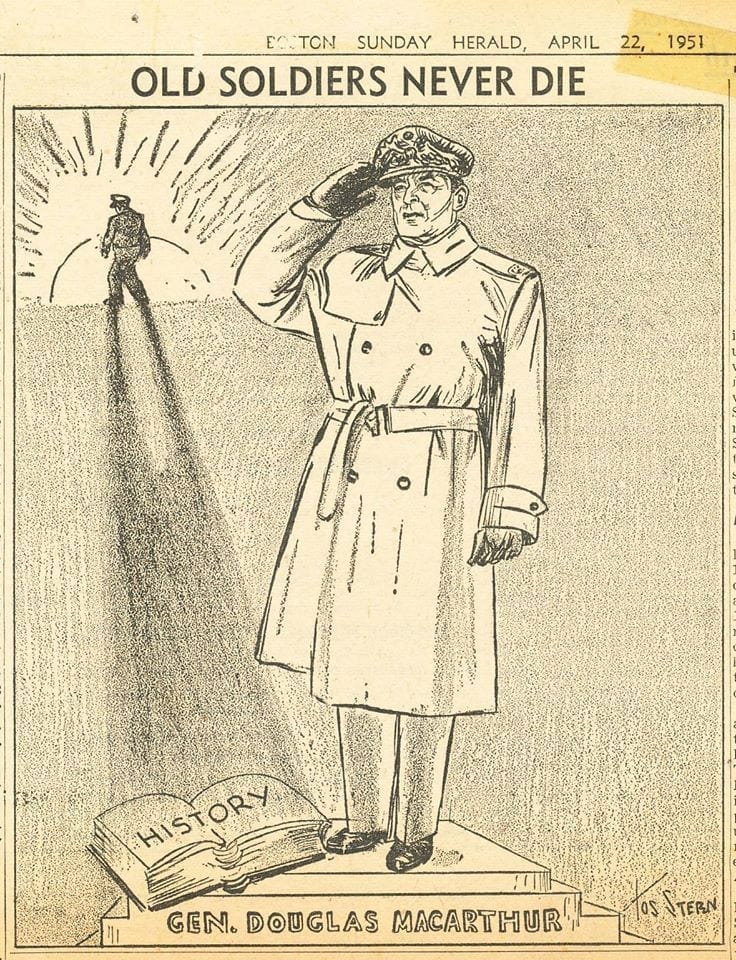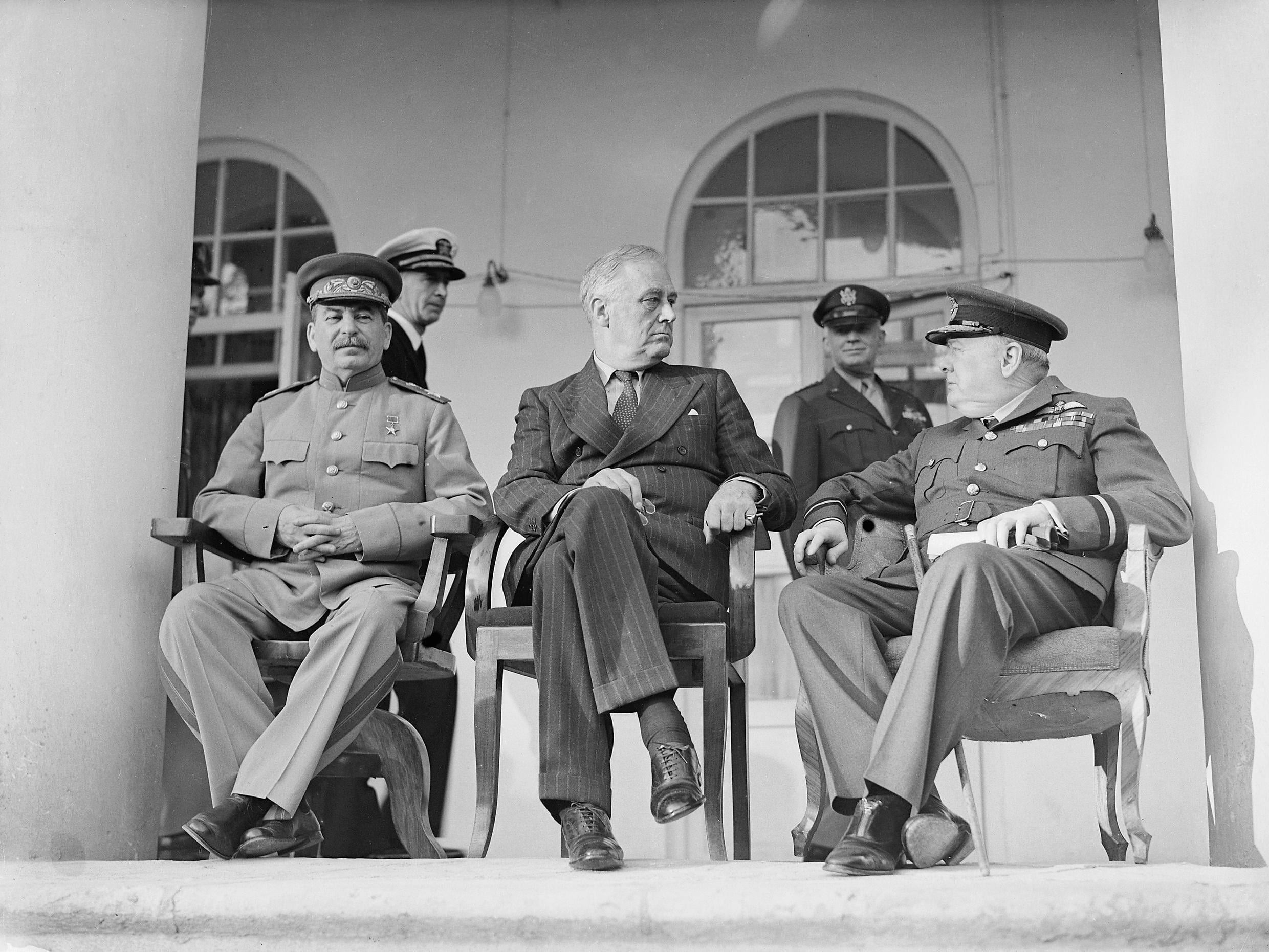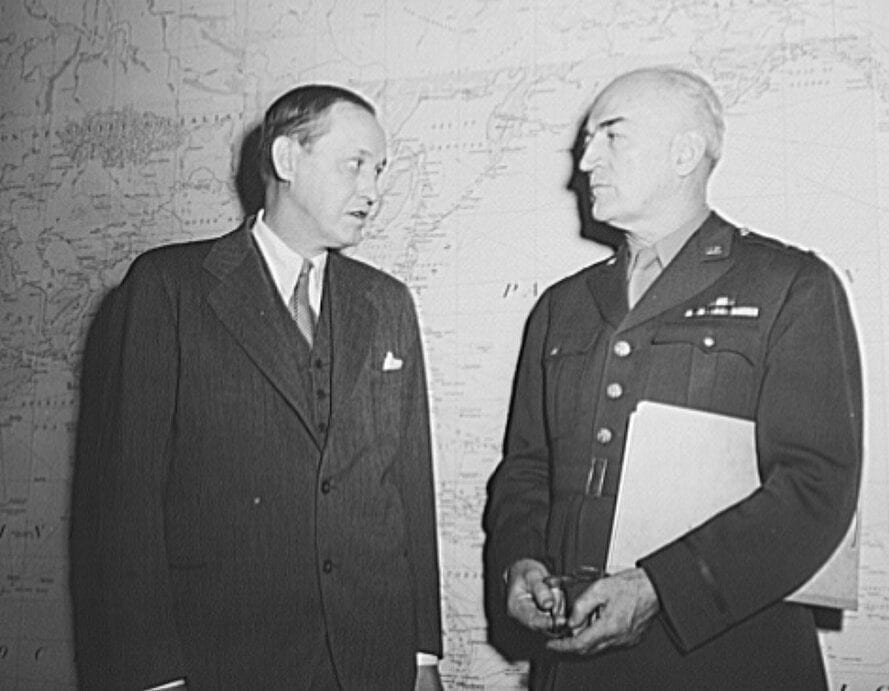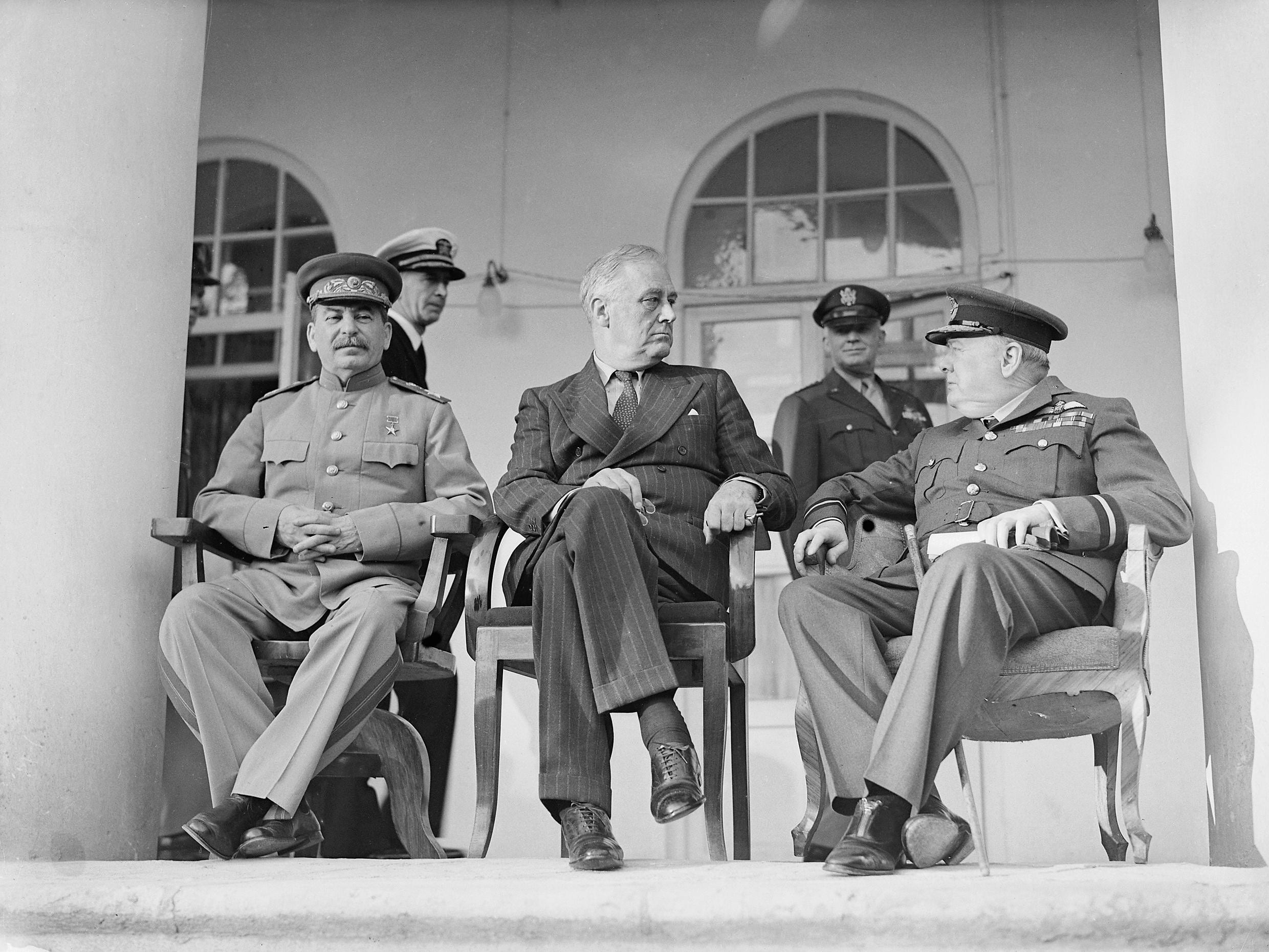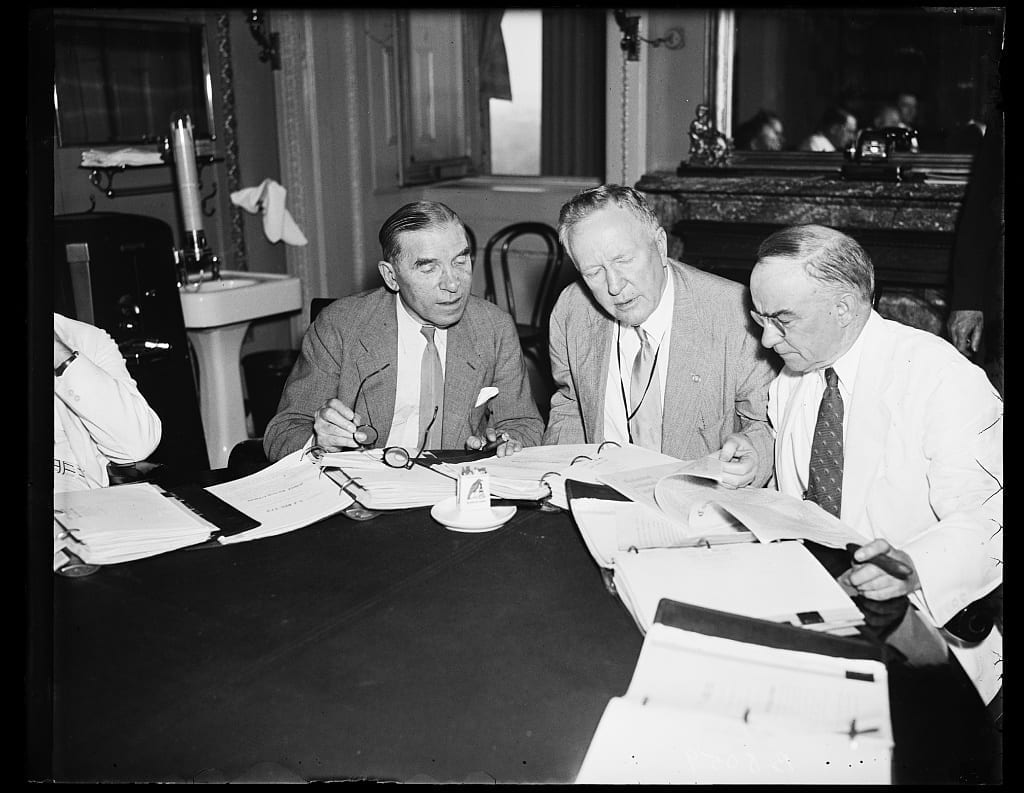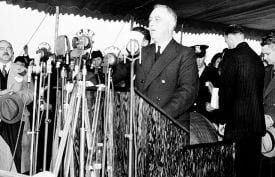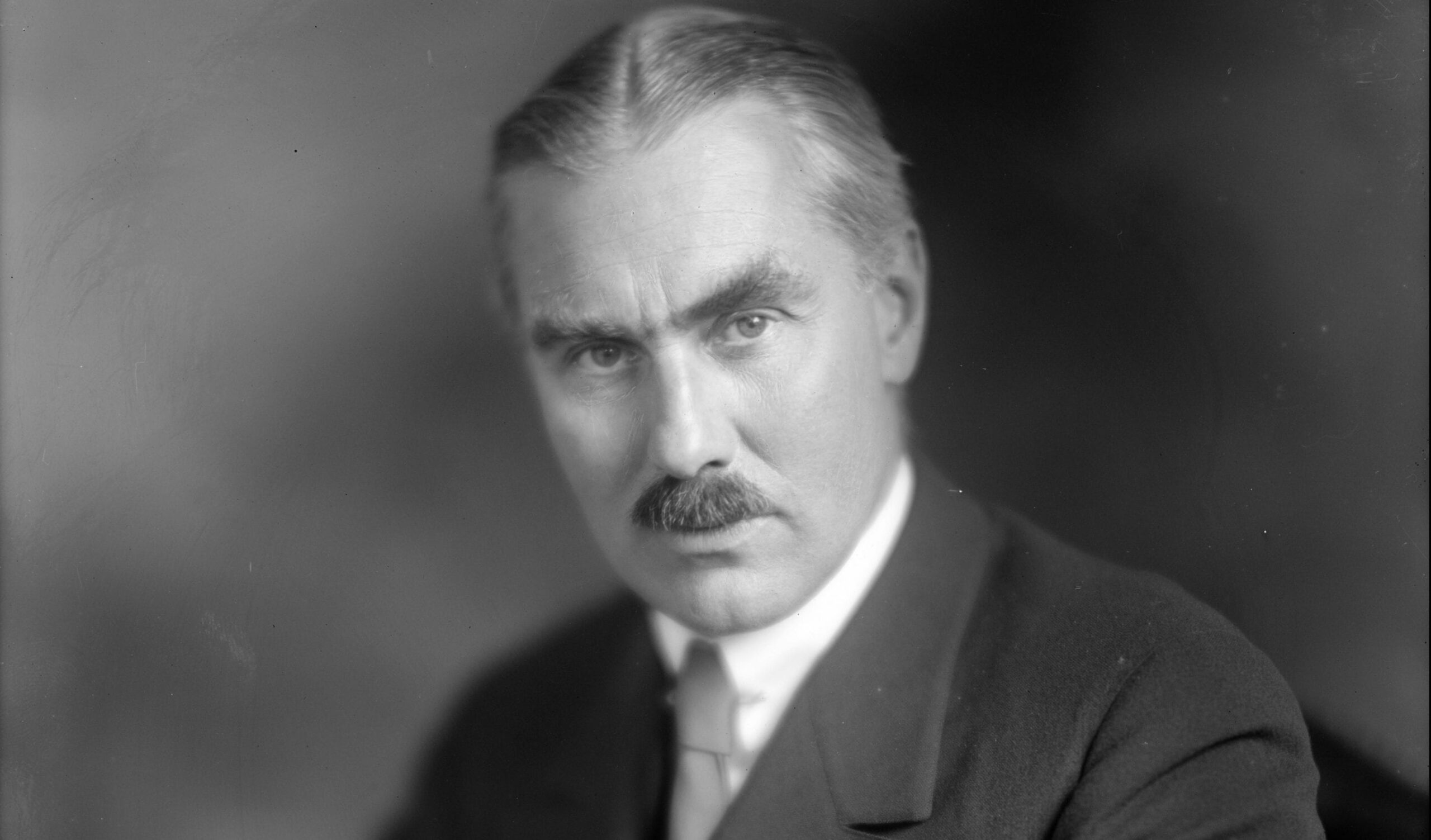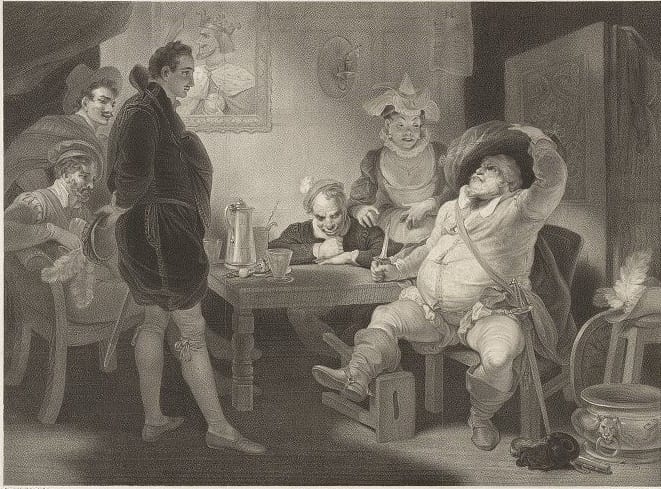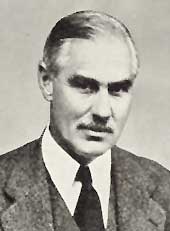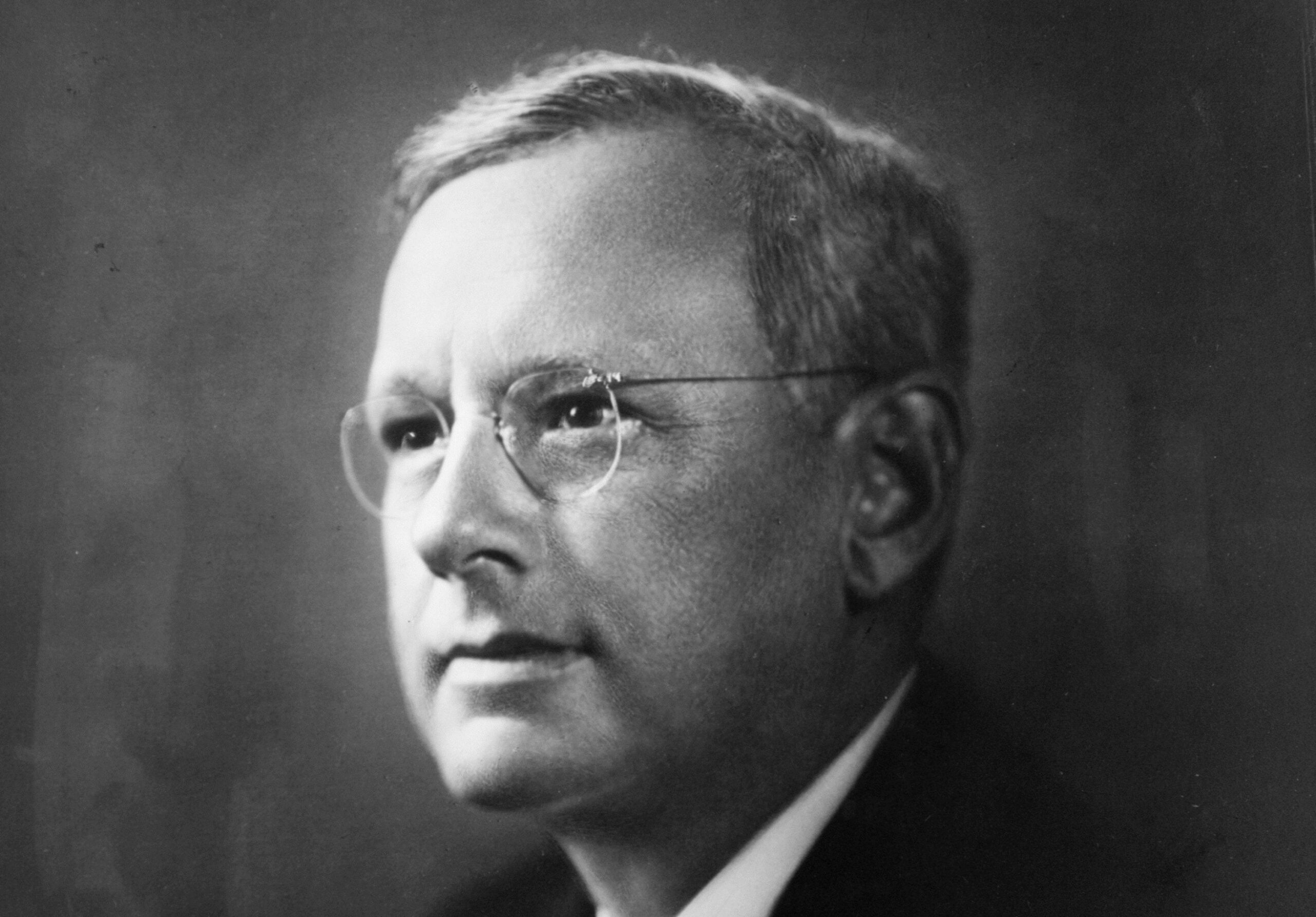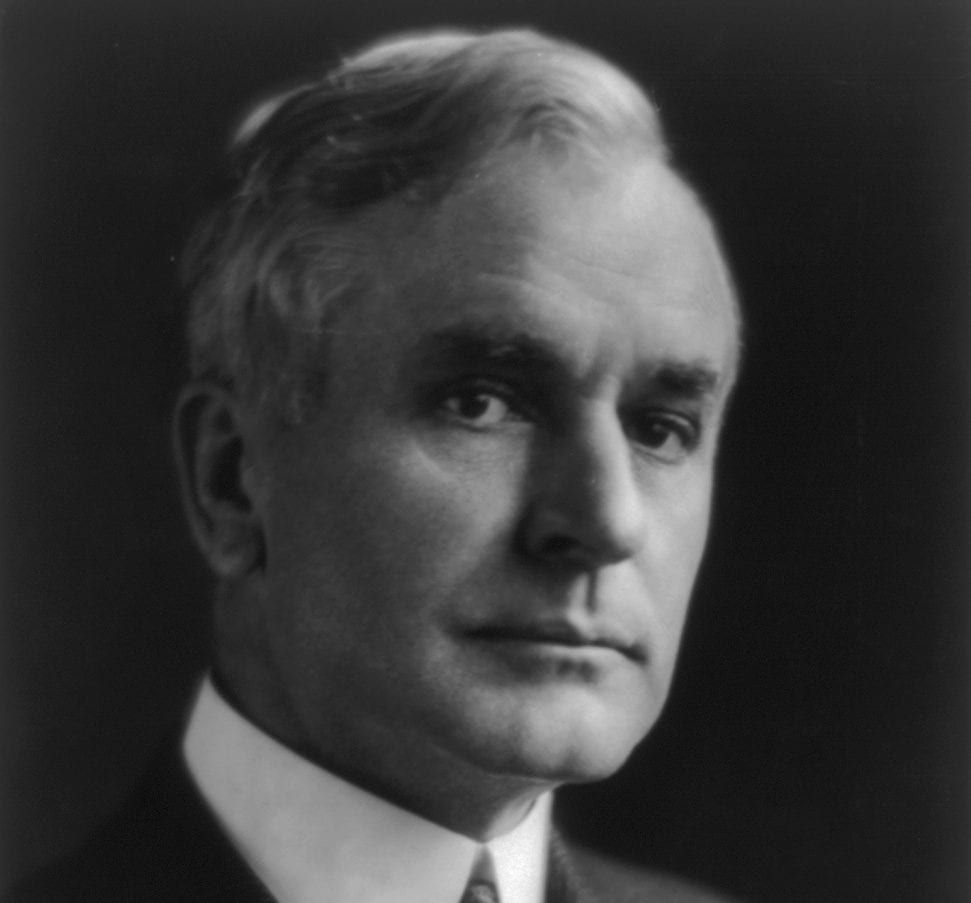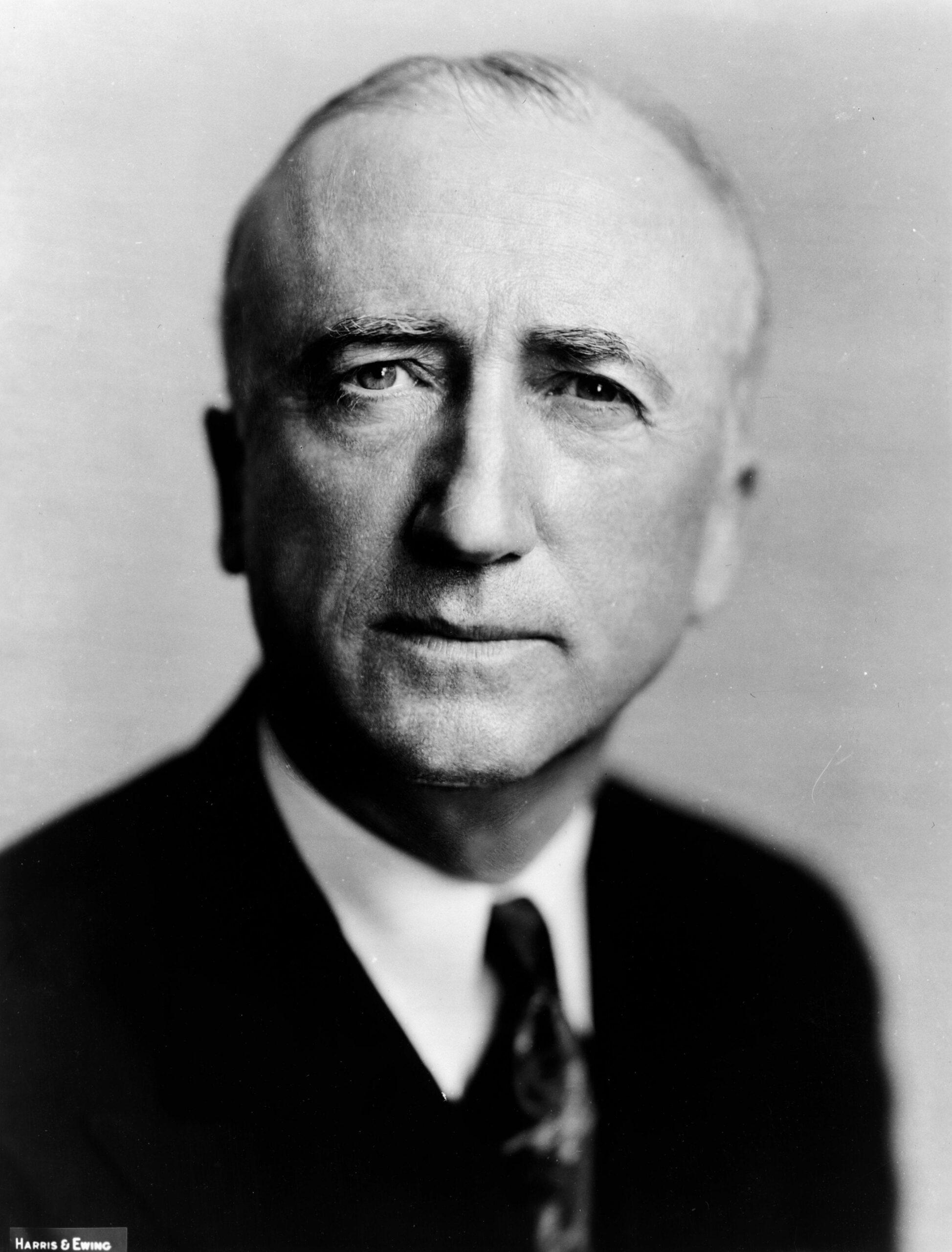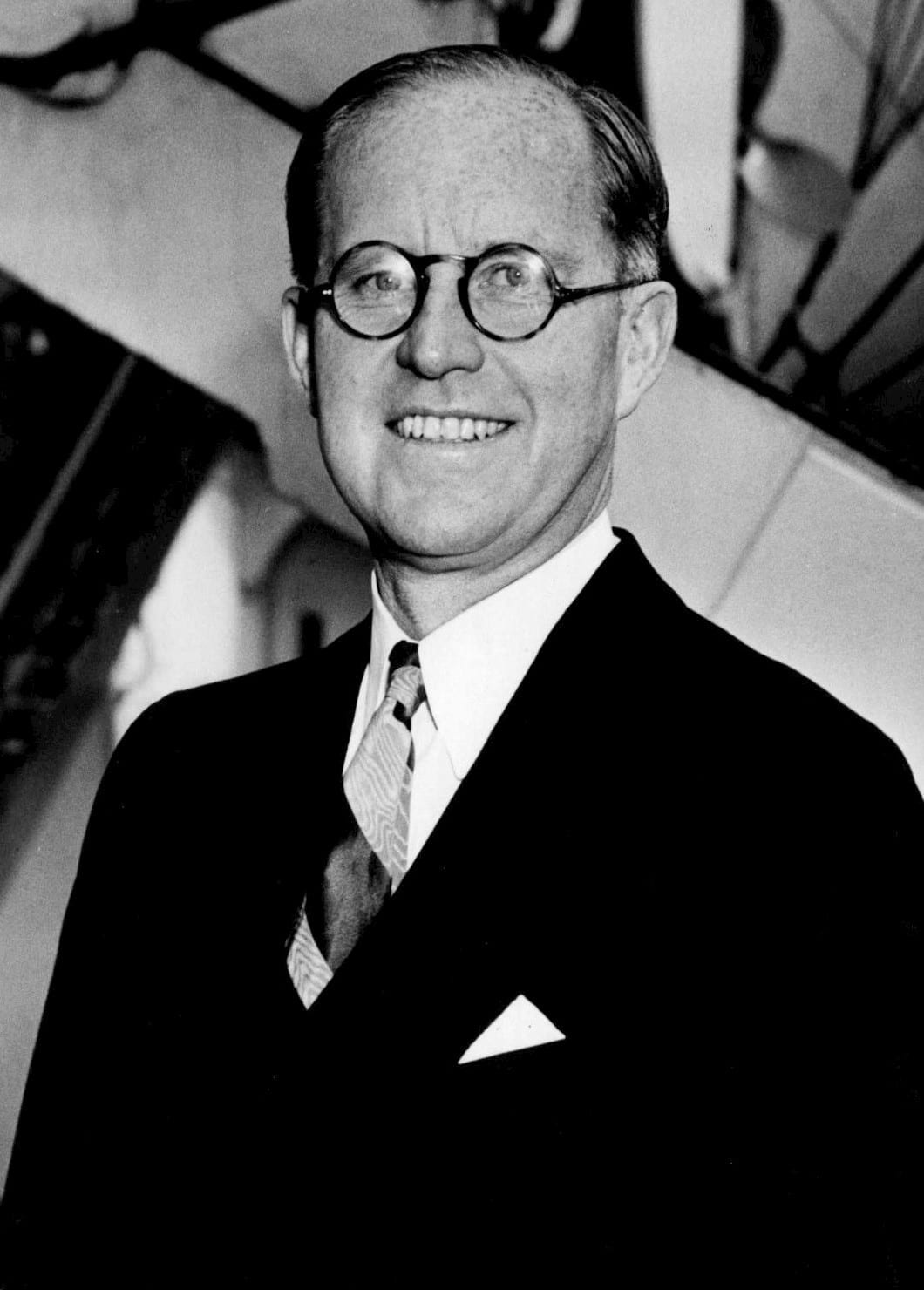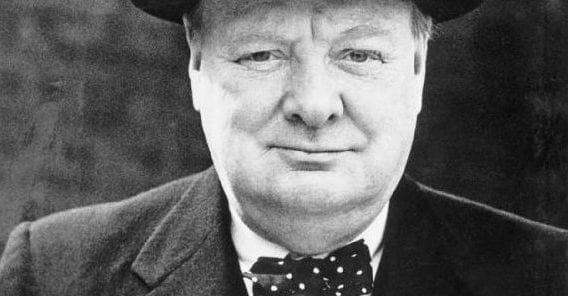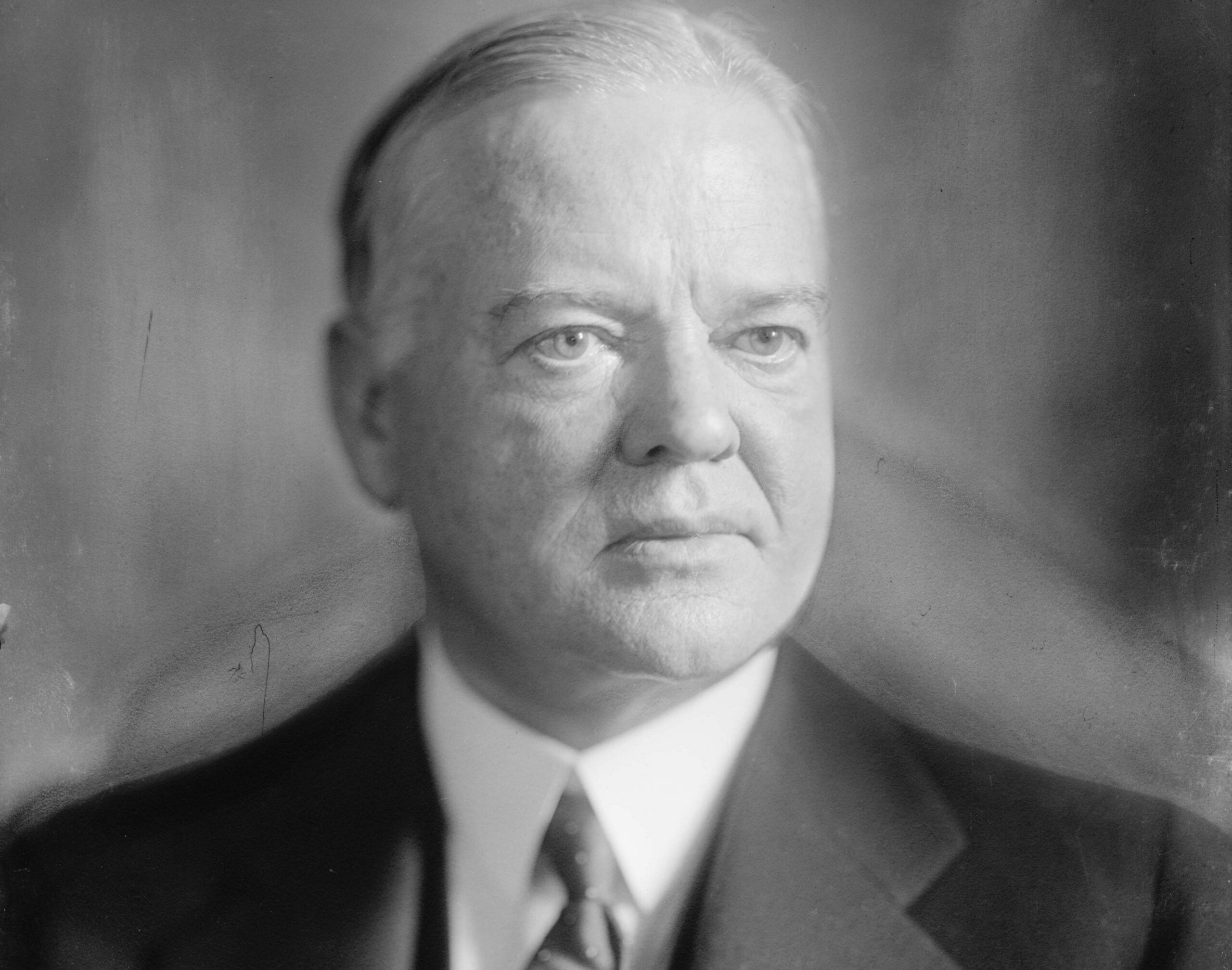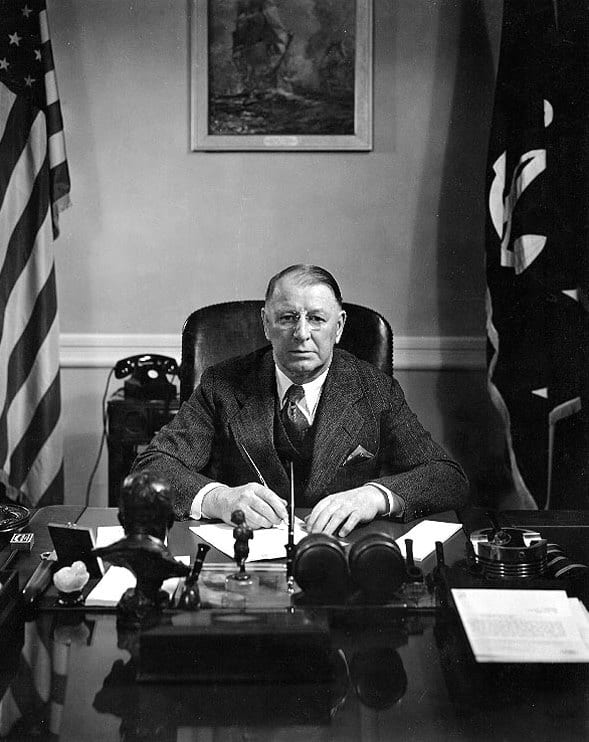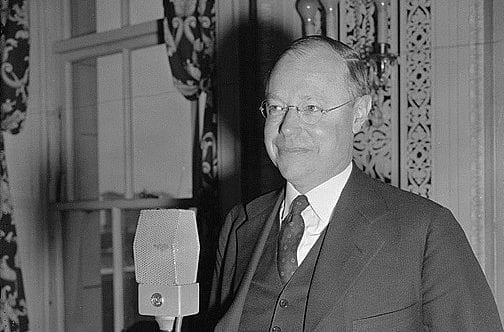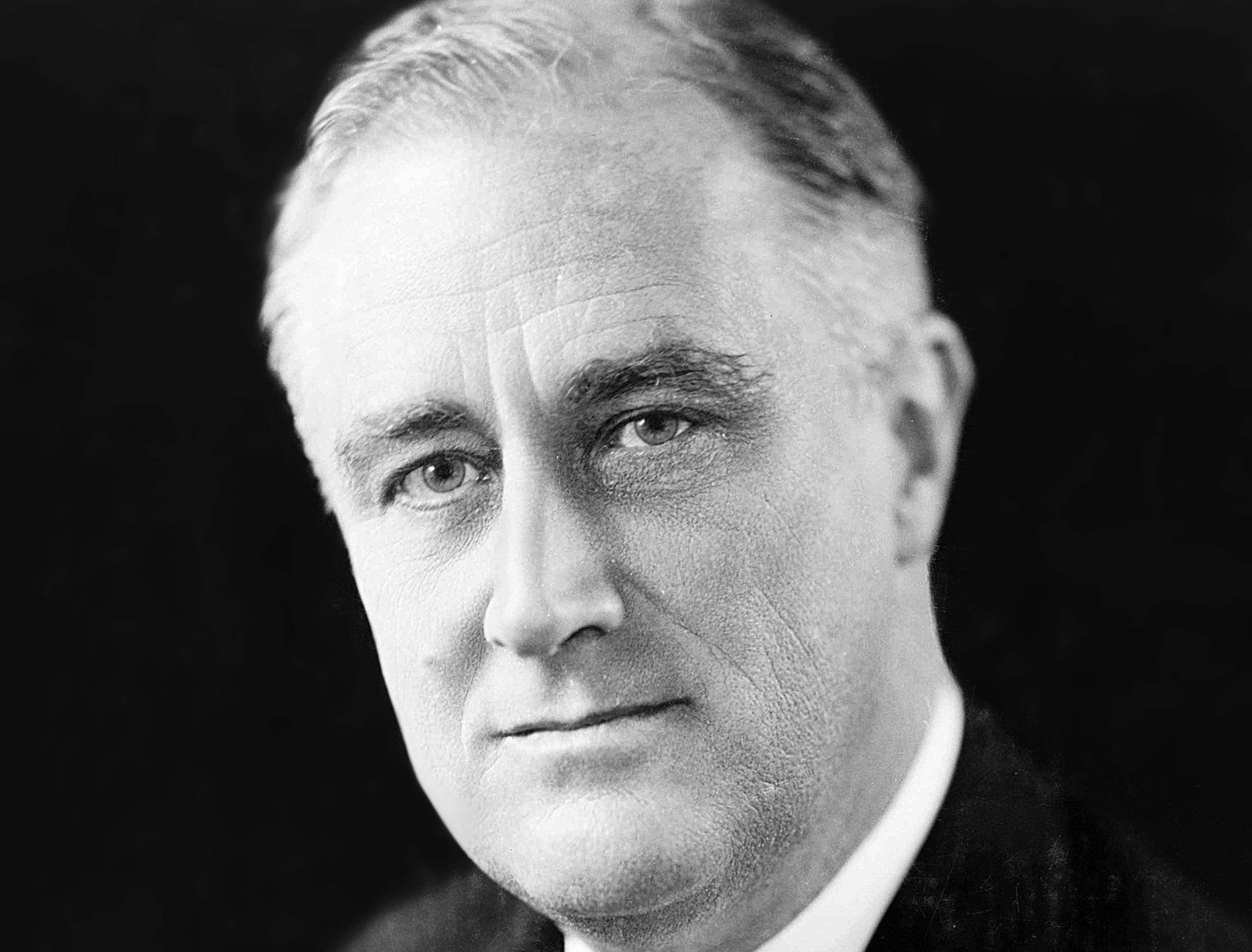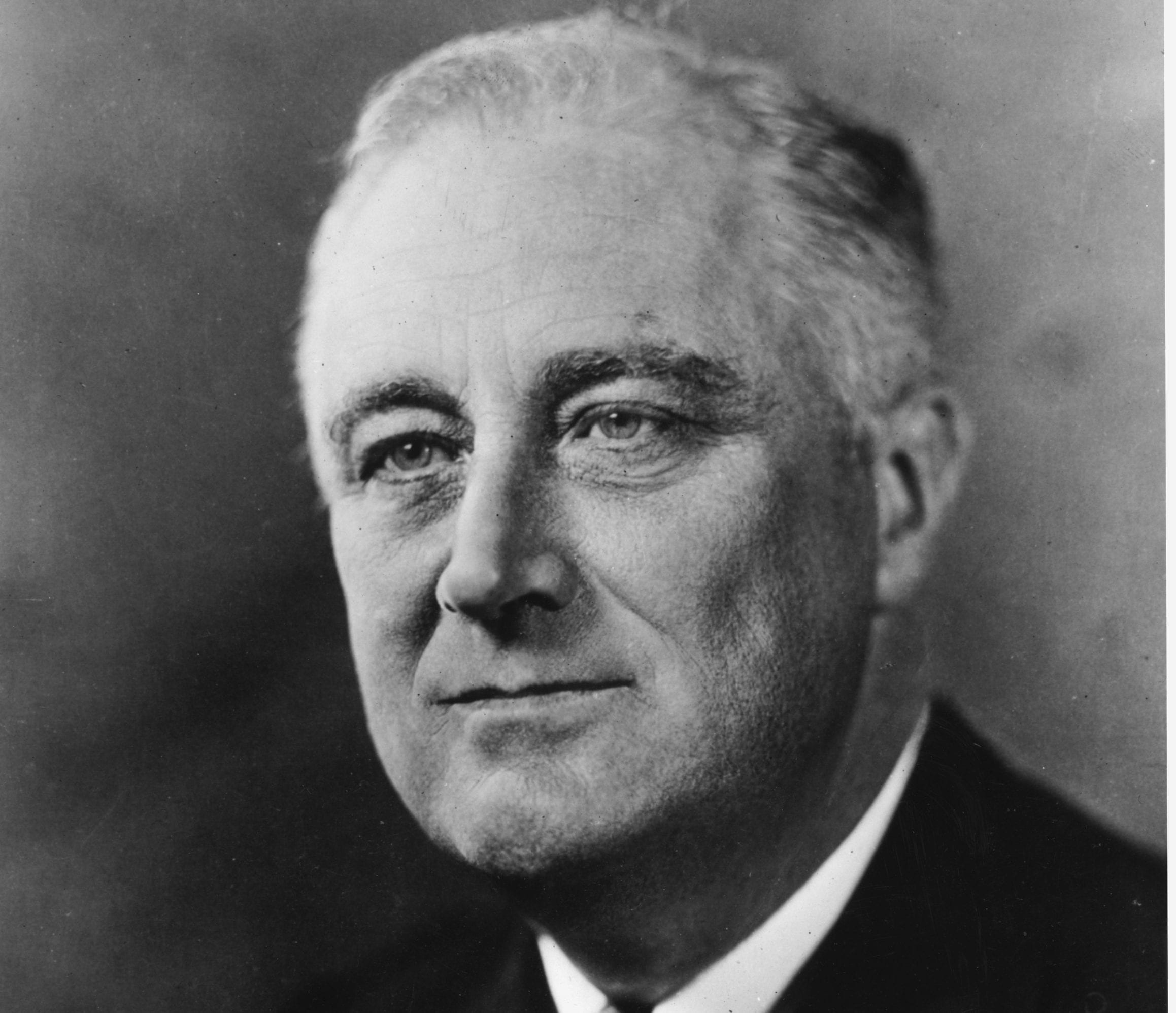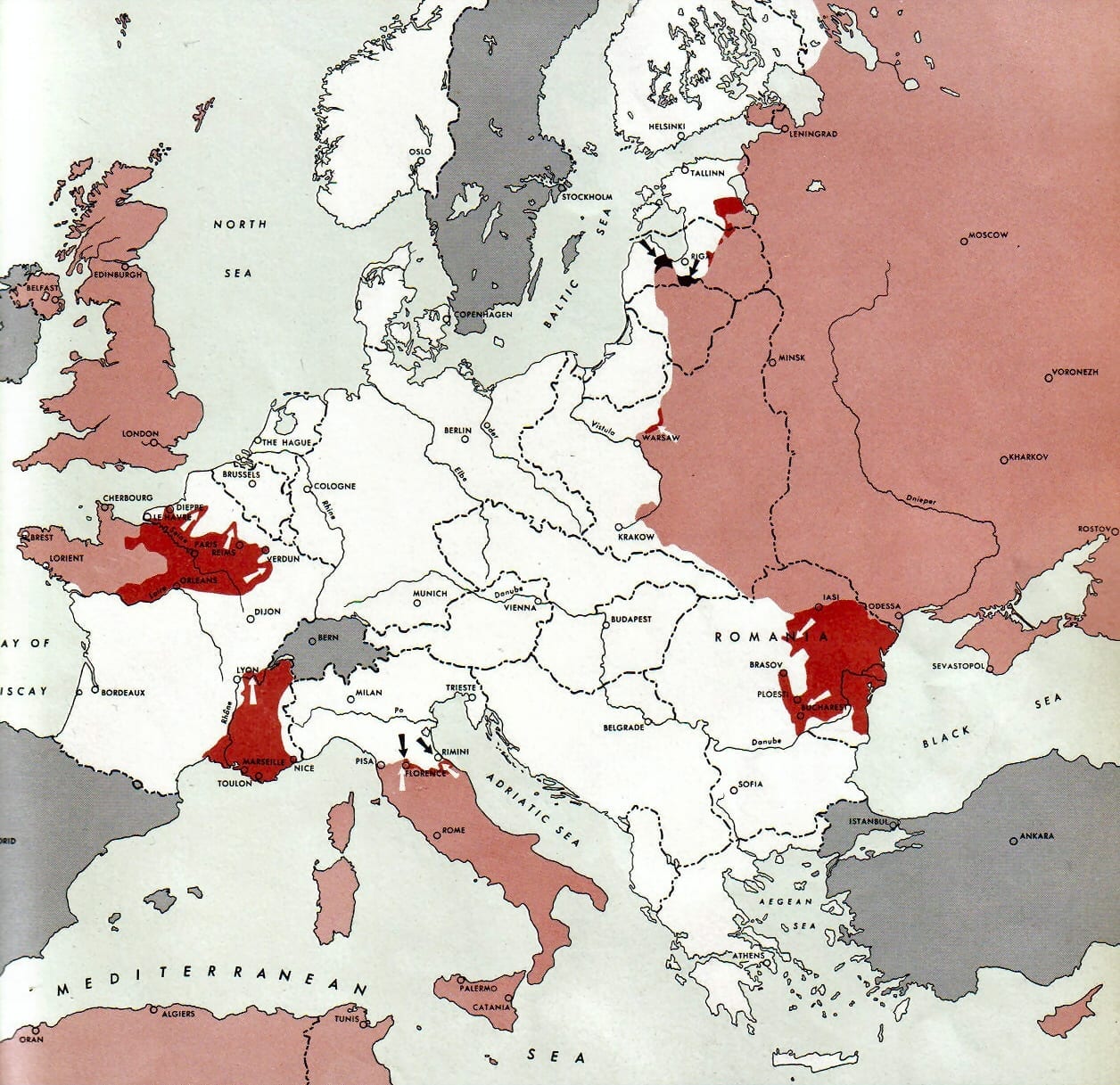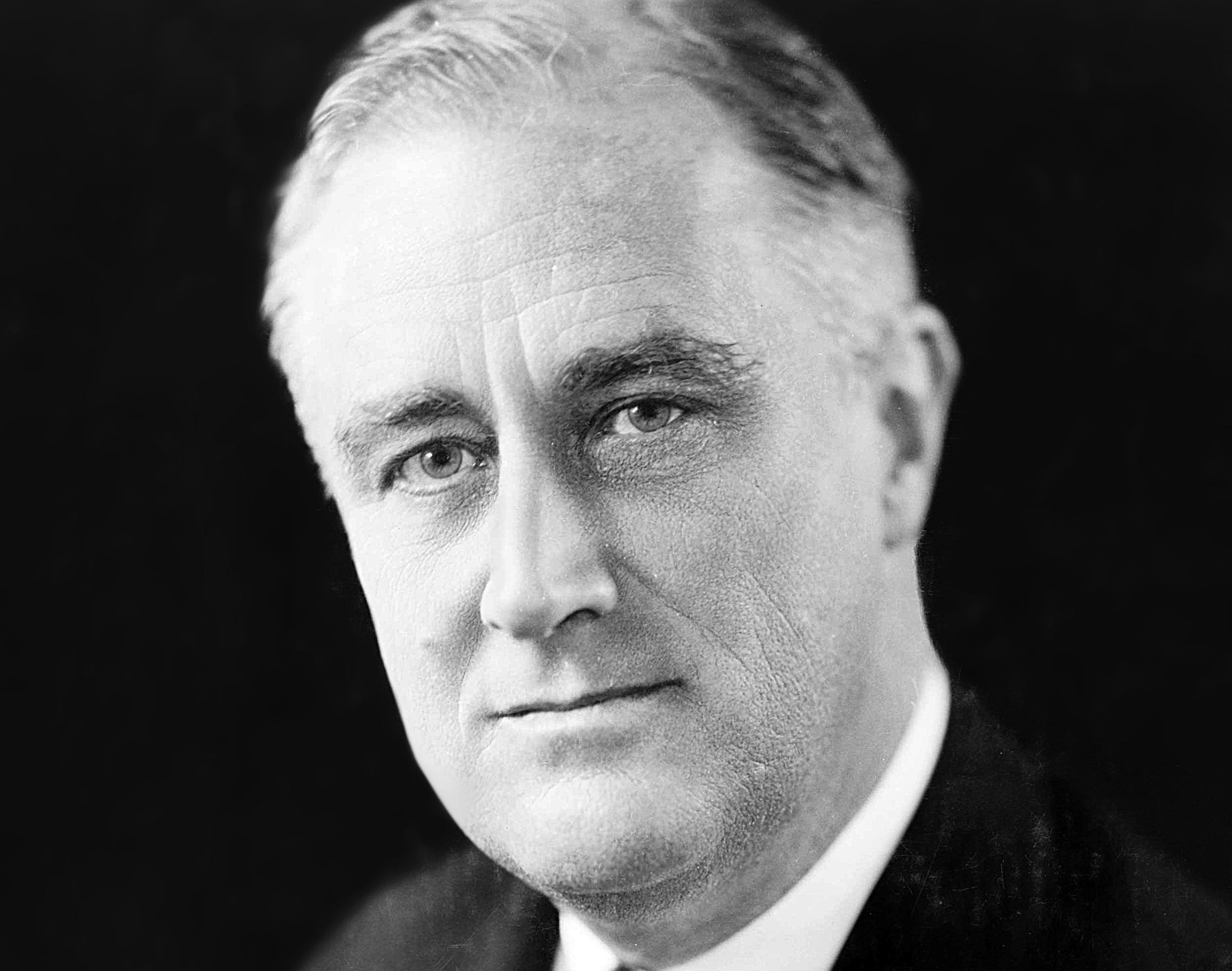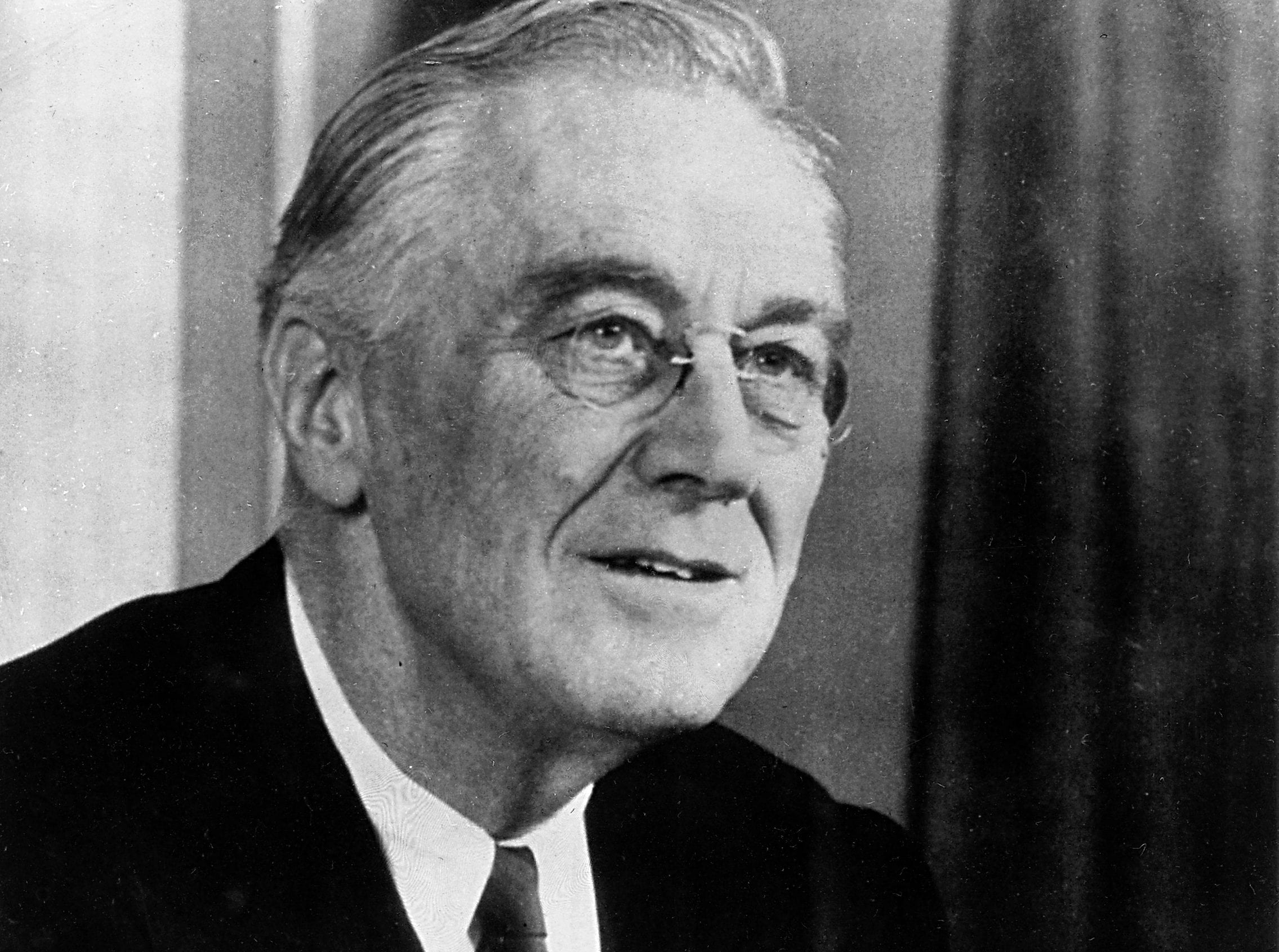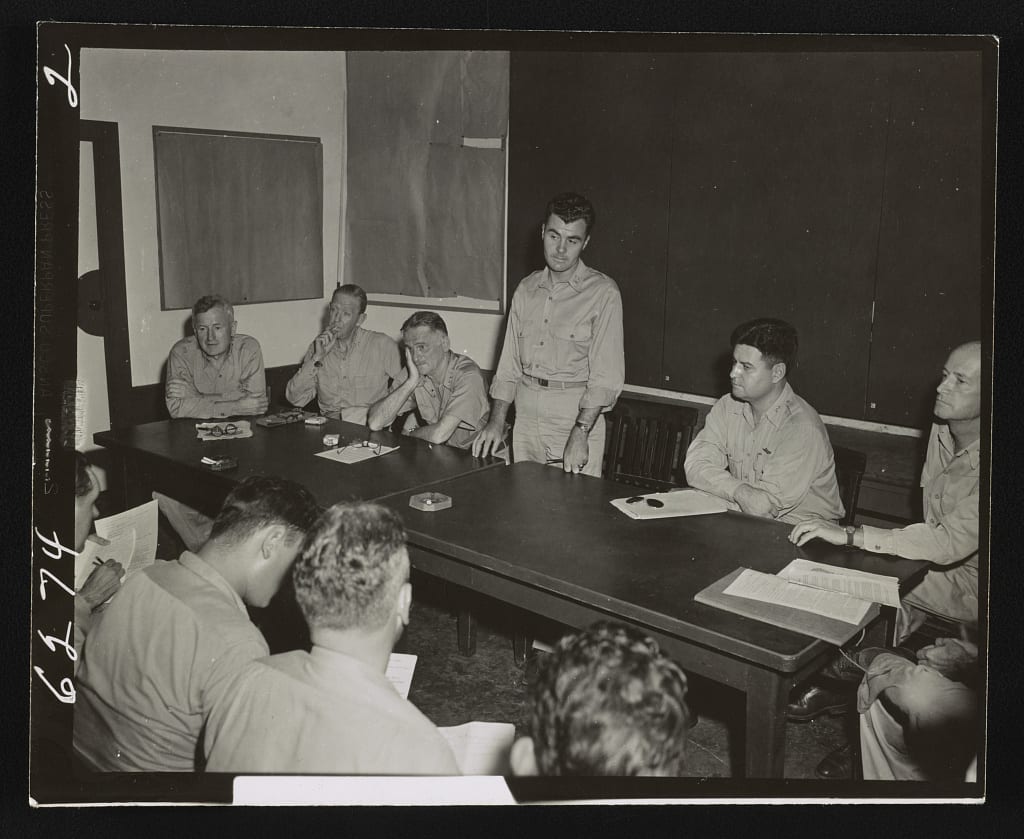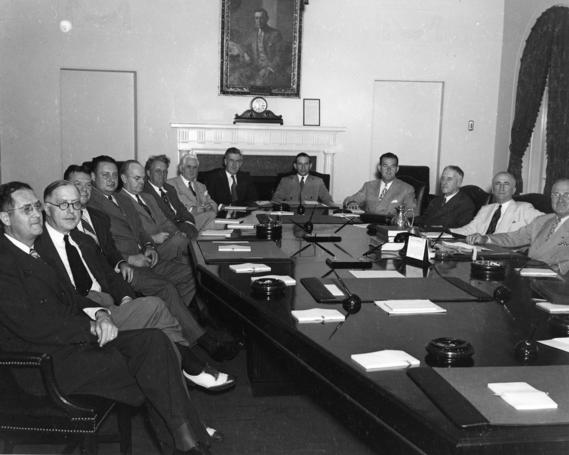
No related resources
Introduction
Charles Lindbergh became one of the most famous men in America when he completed the first-ever solo flight from New York to Paris in 1927. By the late thirties, Lindbergh had evolved into a more controversial figure, after he expressed admiration for Nazi Germany. He also served as a prominent spokesman for the America First Committee, a group that formed in September 1940 to oppose intervention in the European War. Lindbergh delivered this address at an America First Committee meeting in New York City on April 23, 1941.
Source: The text of Colonel Lindbergh’s Address at a Rally of the America First Committee, New York Times (1923-Current file); Apr 24, 1941; ProQuest Historical Newspapers: The New York Times, p. 12. https://goo.gl/EAbntf. Originally published as The text of Colonel Lindbergh’s Address at a Rally of the America First Committee, New York Times, April 24, 1941, © 1941 by Charles Lindbergh. All rights reserved. Reprinted by permission of Yale University.
. . . I have said before, and I will say again, that I believe it will be a tragedy to the entire world if the British Empire collapses. That is one of the main reasons why I opposed this war before it was declared, and why I have constantly advocated a negotiated peace. I did not feel that England and France had a reasonable chance of winning. France has now been defeated; and, despite the propaganda and confusion of recent months, it is now obvious that England is losing the war. I believe this is realized even by the British government. But they have one last desperate plan remaining. They hope that they may be able to persuade us to send another American Expeditionary Force1 to Europe, and to share with England militarily, as well as financially, the fiasco of this war.
I do not blame England for this hope, or for asking for our assistance. But we now know that she declared a war under circumstances [that] led to the defeat of every nation that sided with her from Poland to Greece. We know that in the desperation of war England promised to all these nations armed assistance that she could not send. We know that she misinformed them, as she has misinformed us, concerning her state of preparation, her military strength, and the progress of the war.
In time of war, truth is always replaced by propaganda. I do not believe we should be too quick to criticize the actions of a belligerent nation. There is always the question whether we, ourselves, would do better under similar circumstances. But we in this country have a right to think of the welfare of America first, just as the people in England thought first of their own country when they encouraged the smaller nations of Europe to fight against hopeless odds. When England asks us to enter this war, she is considering her own future, and that of her Empire. In making our reply, I believe we should consider the future of the United States and that of the Western Hemisphere.
It is not only our right, but it is our obligation as American citizens to look at this war objectively, and to weigh our chances for success if we should enter it. I have attempted to do this, especially from the standpoint of aviation; and I have been forced to the conclusion that we cannot win this war for England, regardless of how much assistance we extend.
I ask you to look at the map of Europe today and see if you can suggest any way in which we could win this war if we entered it. Suppose we had a large army in America, trained and equipped. Where would we send it to fight? The campaigns of the war show only too clearly how difficult it is to force a landing, or to maintain an army, on a hostile coast. Suppose we took our navy from the Pacific, and used it to convoy British shipping. That would not win the war for England. It would, at best, permit her to exist under the constant bombing of the German air fleet. Suppose we had an air force that we could send to Europe. Where could it operate? Some of our squadrons might be based in the British Isles; but it is physically impossible to base enough aircraft in the British Isles alone to equal in strength the aircraft that can be based on the continent of Europe.
I have asked these questions on the supposition that we had in existence an army and an air force large enough and well enough equipped to send to Europe; and that we would dare to remove our navy from the Pacific. Even on this basis, I do not see how we could invade the continent of Europe successfully as long as all of that continent and most of Asia is under Axis2 domination. But the fact is that none of these suppositions are correct. We have only a one-ocean navy. Our army is still untrained and inadequately equipped for foreign war. Our air force is deplorably lacking in modern fighting planes.
When these facts are cited, the interventionists shout that we are defeatists, that we are undermining the principles of Democracy, and that we are giving comfort to Germany by talking about our military weakness. But everything I mention here has been published in our newspapers, and in the reports of congressional hearings in Washington. Our military position is well known to the governments of Europe and Asia. Why, then, should it not be brought to the attention of our own people? . . .
When history is written, the responsibility for the downfall of the democracies of Europe will rest squarely upon the shoulders of the interventionists who led their nations into war uninformed and unprepared. . . .
There are many such interventionists in America, but there are more people among us of a different type. That is why you and I are assembled here tonight. There is a policy open to this nation that will lead to success – a policy that leaves us free to follow our own way of life, and to develop our own civilization. It is not a new and untried idea. It was advocated by Washington. It was incorporated in the Monroe Doctrine.3 Under its guidance, the United States became the greatest nation in the world. It is based upon the belief that the security of a nation lies in the strength and character of its own people. It recommends the maintenance of armed forces sufficient to defend this hemisphere from attack by any combination of foreign powers. It demands faith in an independent American destiny. This is the policy of the America First Committee today. It is a policy not of isolation, but of independence; not of defeat, but of courage. It is a policy that led this nation to success during the most trying years of our history, and it is a policy that will lead us to success again.
We have weakened ourselves for many months, and still worse, we have divided our own people by this dabbling in Europe’s wars. While we should have been concentrating on American defense, we have been forced to argue over foreign quarrels. We must turn our eyes and our faith back to our own country before it is too late. And when we do this, a different vista opens before us. Practically every difficulty we would face in invading Europe becomes an asset to us in defending America. Our enemy, and not we, would then have the problem of transporting millions of troops across the ocean and landing them on a hostile shore. They, and not we, would have to furnish the convoys to transport guns and trucks and munitions and fuel across three thousand miles of water. Our battleships and submarines would then be fighting close to their home bases. We would then do the bombing from the air, and the torpedoing at sea. And if any part of an enemy convoy should ever pass our navy and our air force, they would still be faced with the guns of our coast artillery, and behind them, the divisions of our army.
The United States is better situated from a military standpoint than any other nation in the world. Even in our present condition of unpreparedness, no foreign power is in a position to invade us today. If we concentrate on our own and build the strength that this nation should maintain, no foreign army will ever attempt to land on American shores. . . .
During the last several years, I have travelled over this country, from one end to the other. I have talked to many hundreds of men and women, and I have had letters from tens of thousands more, who feel the same way as you and I. Most of these people have no influence or power. Most of them have no means of expressing their convictions, except by their vote which has always been against this war. They are the citizens who have had to work too hard at their daily jobs to organize political meetings. Hitherto, they have relied upon their vote to express their feelings; but now they find that it is hardly remembered except in the oratory of a political campaign. These people – the majority of hard-working American citizens – are with us. They are the true strength of our country. And they are beginning to realize, as you and I, that there are times when we must sacrifice our normal interests in life in order to insure the safety and the welfare of our nation.
Such a time has come. Such a crisis is here. That is why the America First Committee has been formed – to give voice to the people who have no newspaper, or news reel, or radio station at their command; to the people who must do the paying, and the fighting, and the dying, if this country enters the war. . . .
Whether or not we do enter the war, rests upon the shoulders of you in this audience, upon us here on this platform, upon meetings of this kind that are being held by Americans in every section of the United States today. It depends upon the action we take, and the courage we show at this time. If you believe in an independent destiny for America, if you believe that this country should not enter the war in Europe, we ask you to join the America First Committee in its stand. We ask you to share our faith in the ability of this nation to defend itself, to develop its own civilization, and to contribute to the progress of mankind in a more constructive and intelligent way than has yet been found by the warring nations of Europe. We need your support, and we need it now. The time to act is here.
- 1. The name given to the American military force that fought in Europe in World War I.
- 2. “Axis” was the name given to the alliance of Germany, Japan, and Italy, which also included some other countries, such as Bulgaria and Hungary.
- 3. Announced in 1823 by President James Monroe, this policy stated that the United States would not involve itself in the affairs of Europe, while warning European nations against interfering in the affairs of the western hemisphere.
Address in New York
April 24, 1941
Conversation-based seminars for collegial PD, one-day and multi-day seminars, graduate credit seminars (MA degree), online and in-person.

Our Core Document Collection allows students to read history in the words of those who made it. Available in hard copy and for download.

